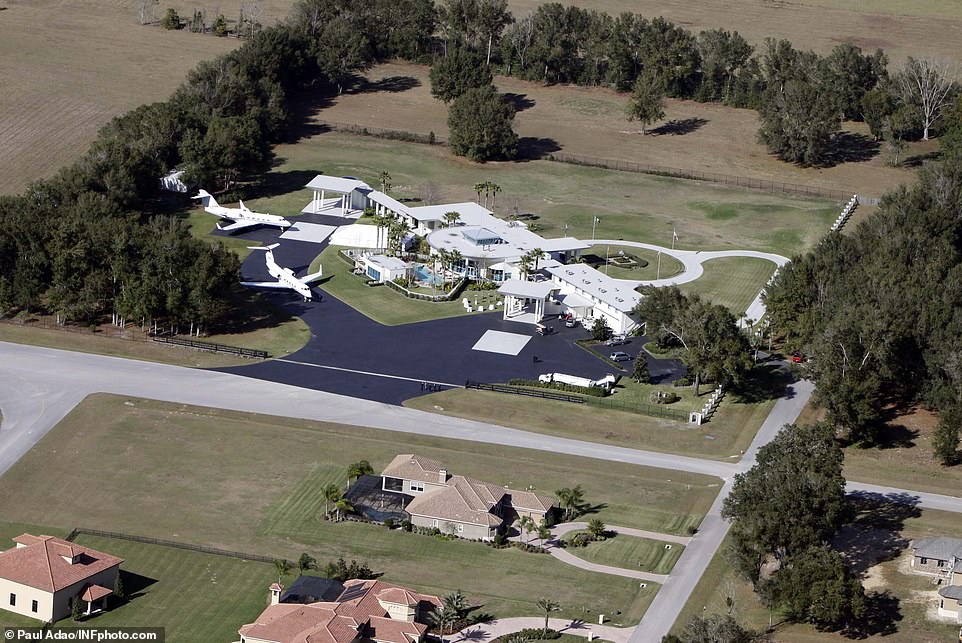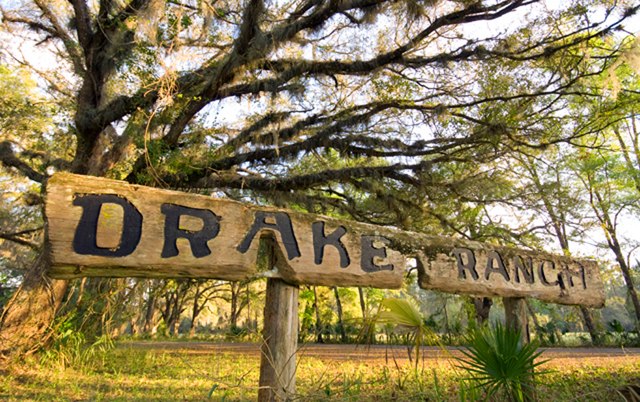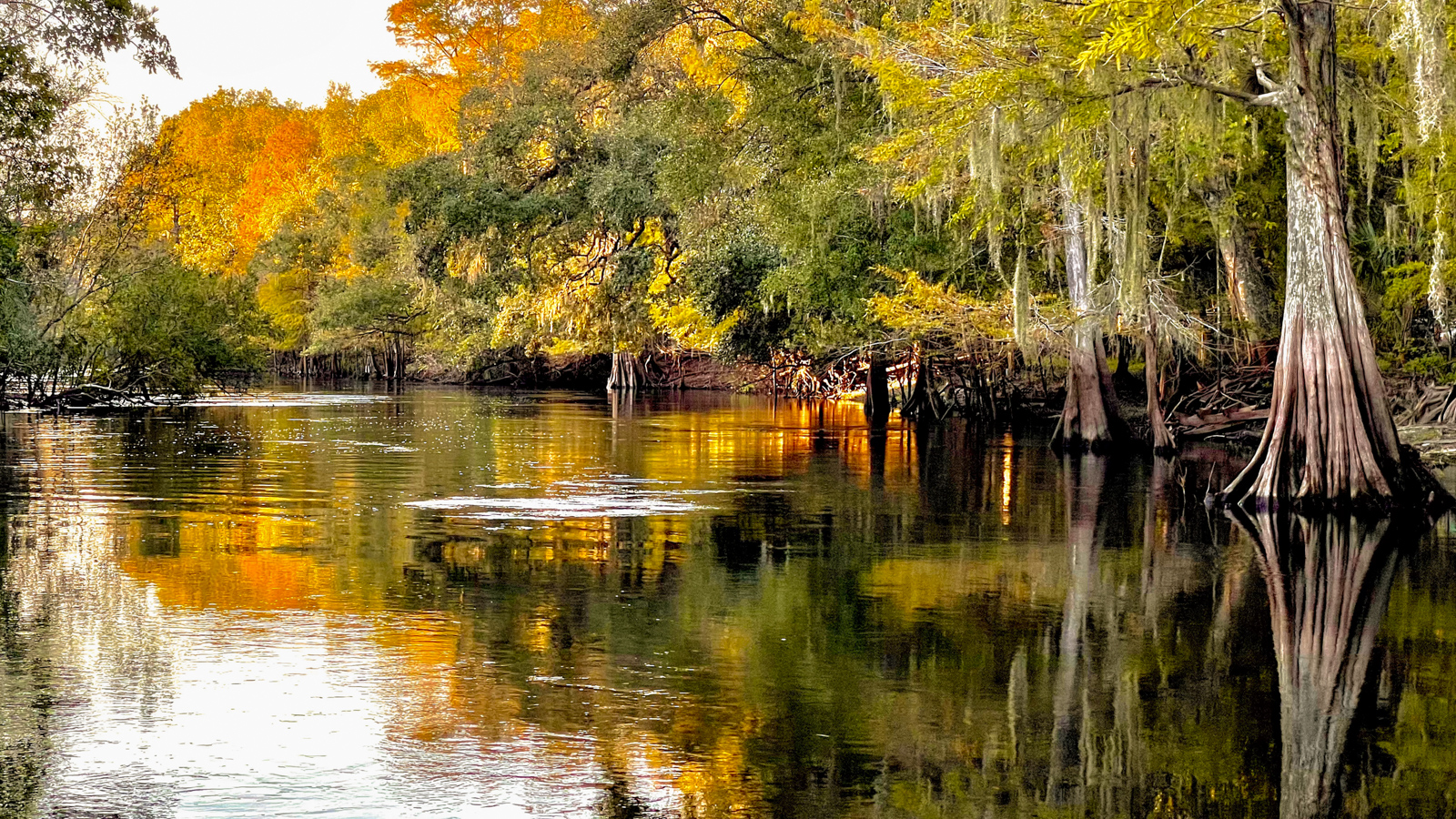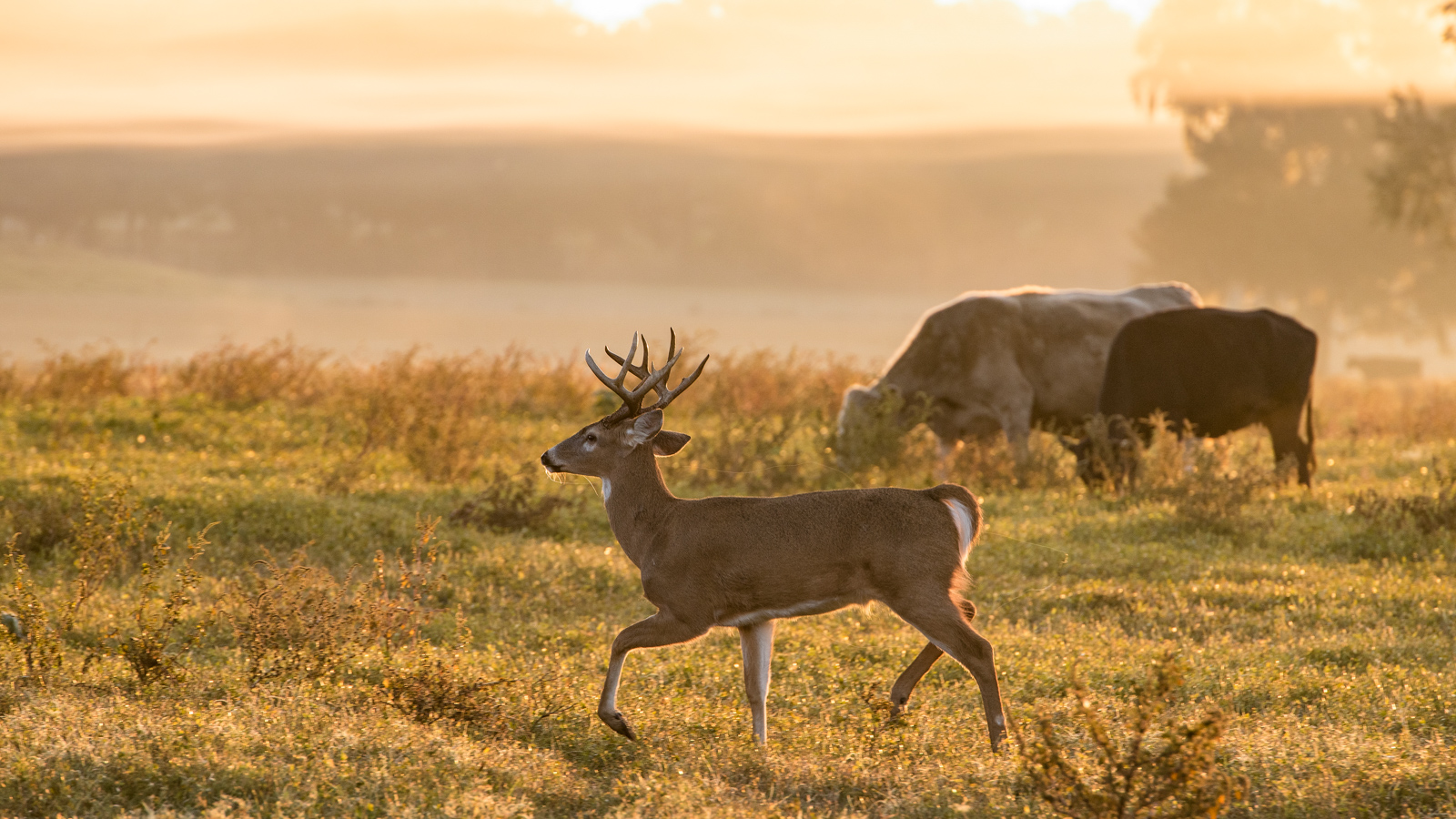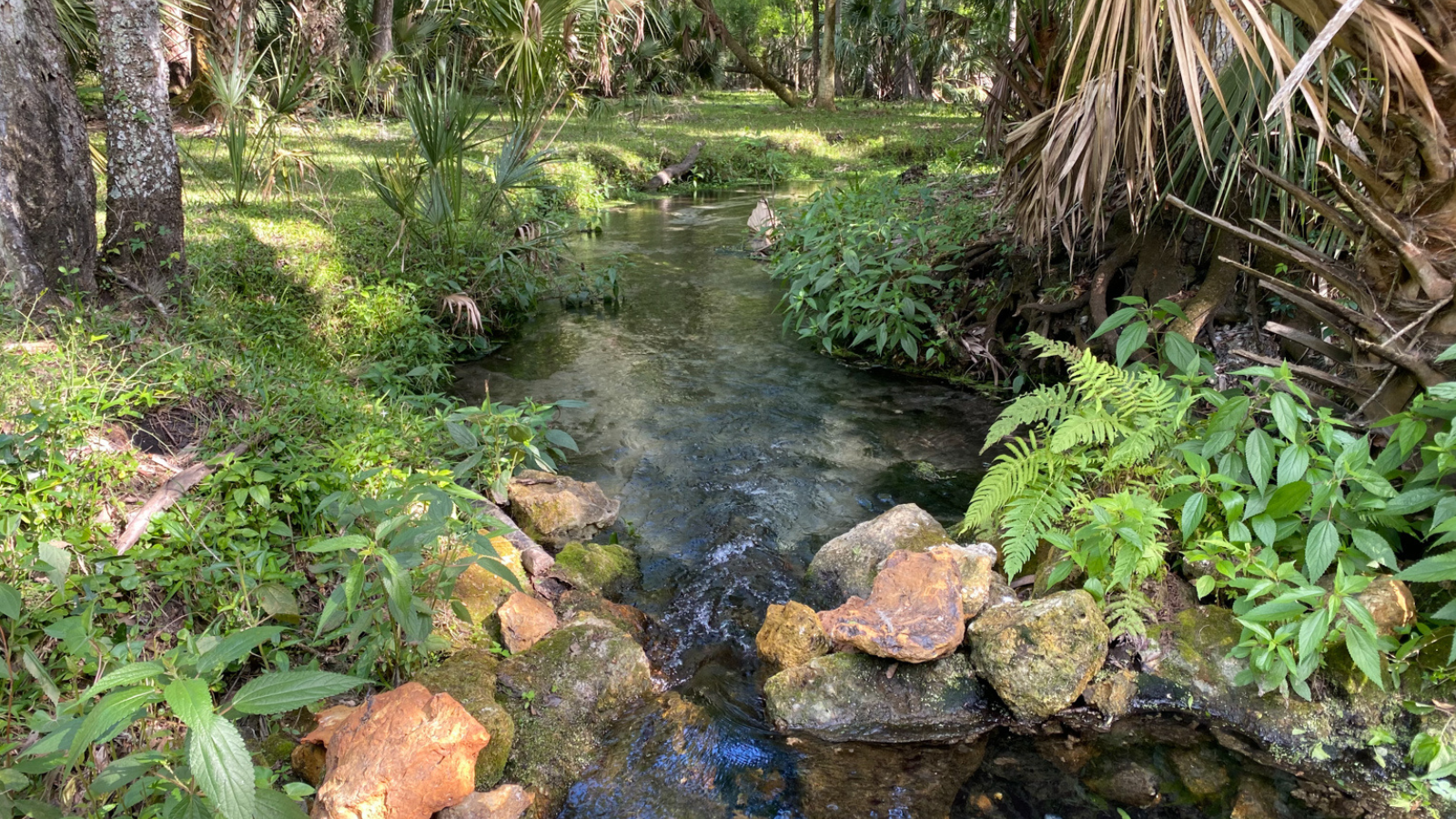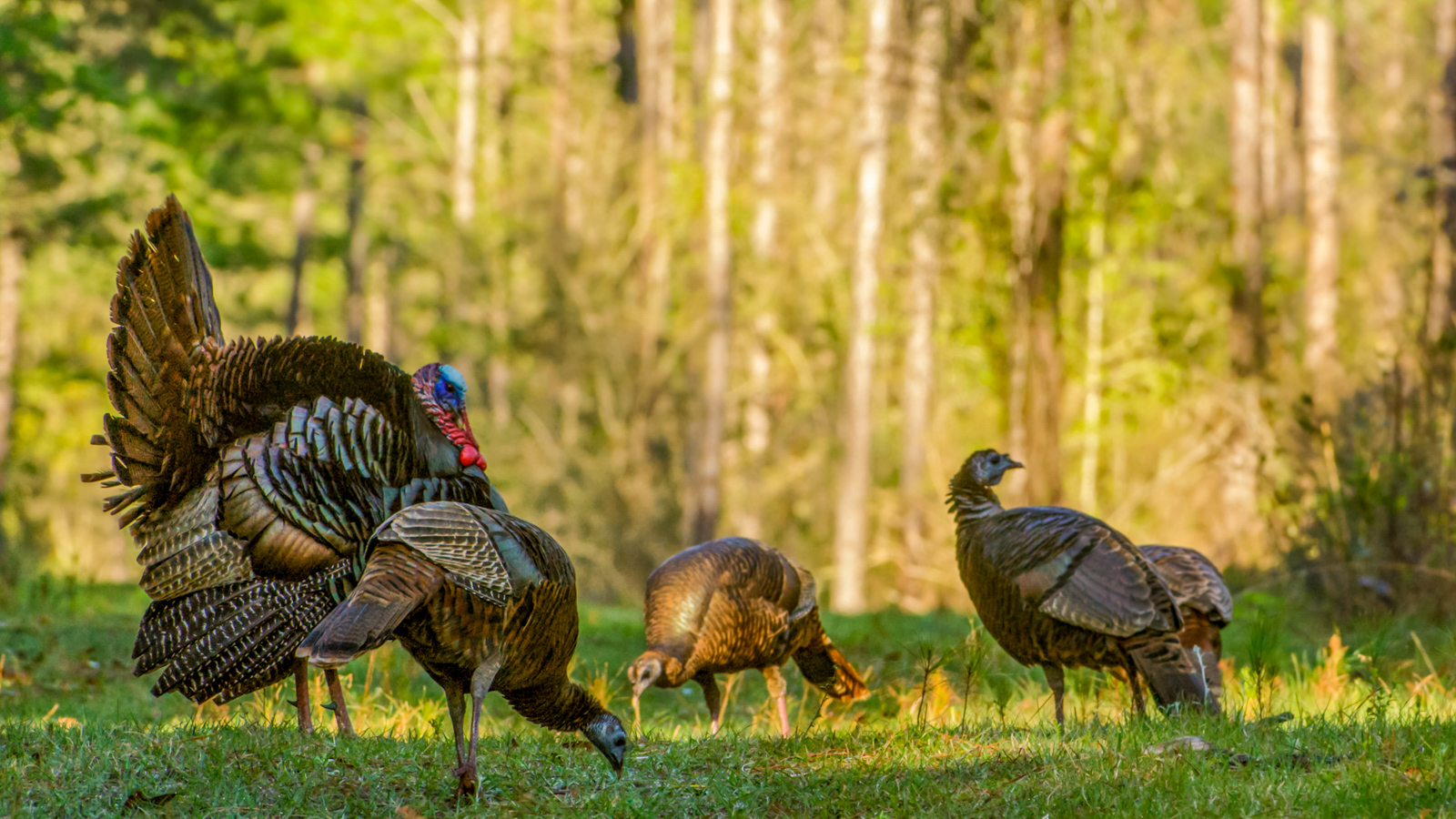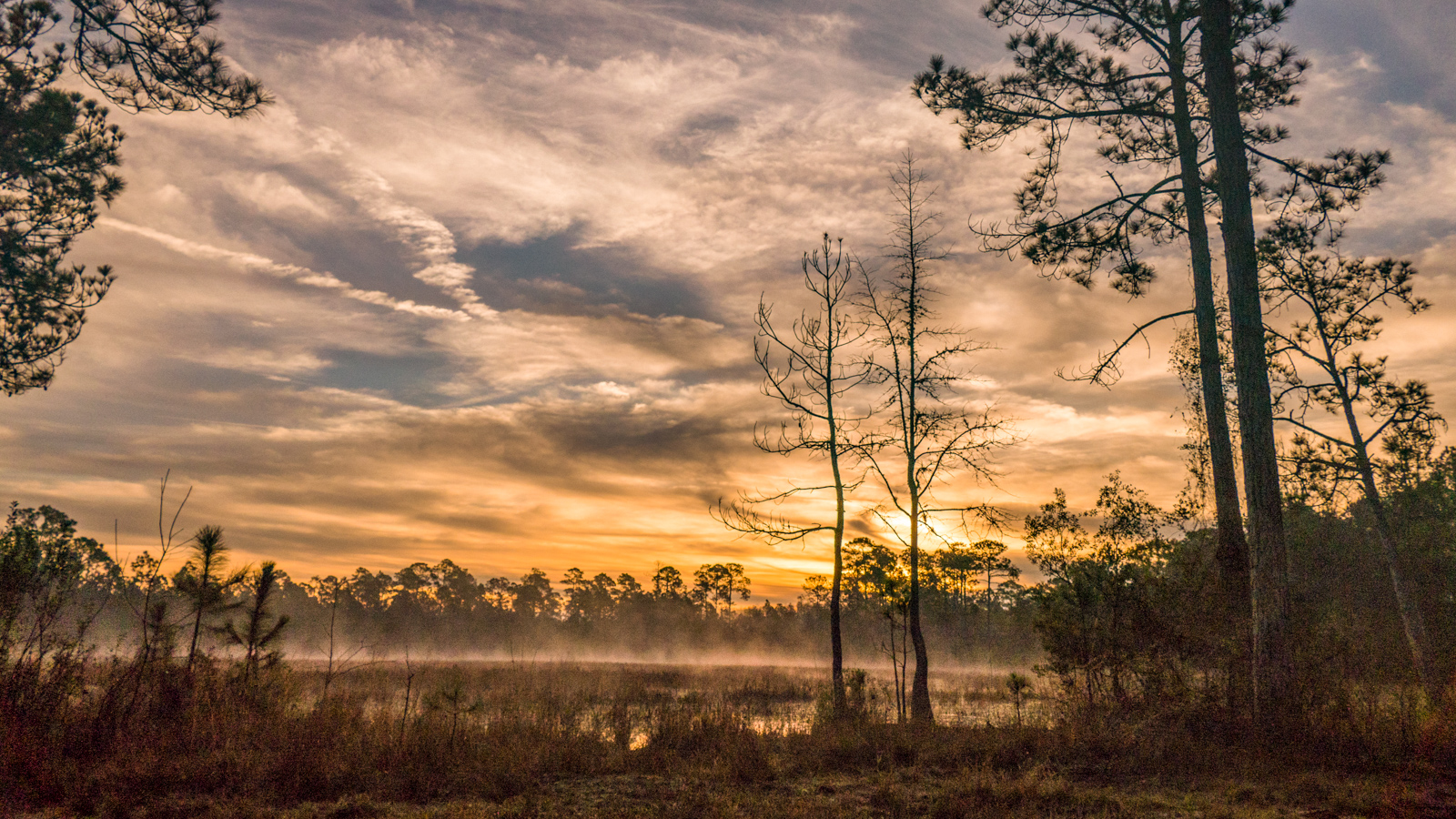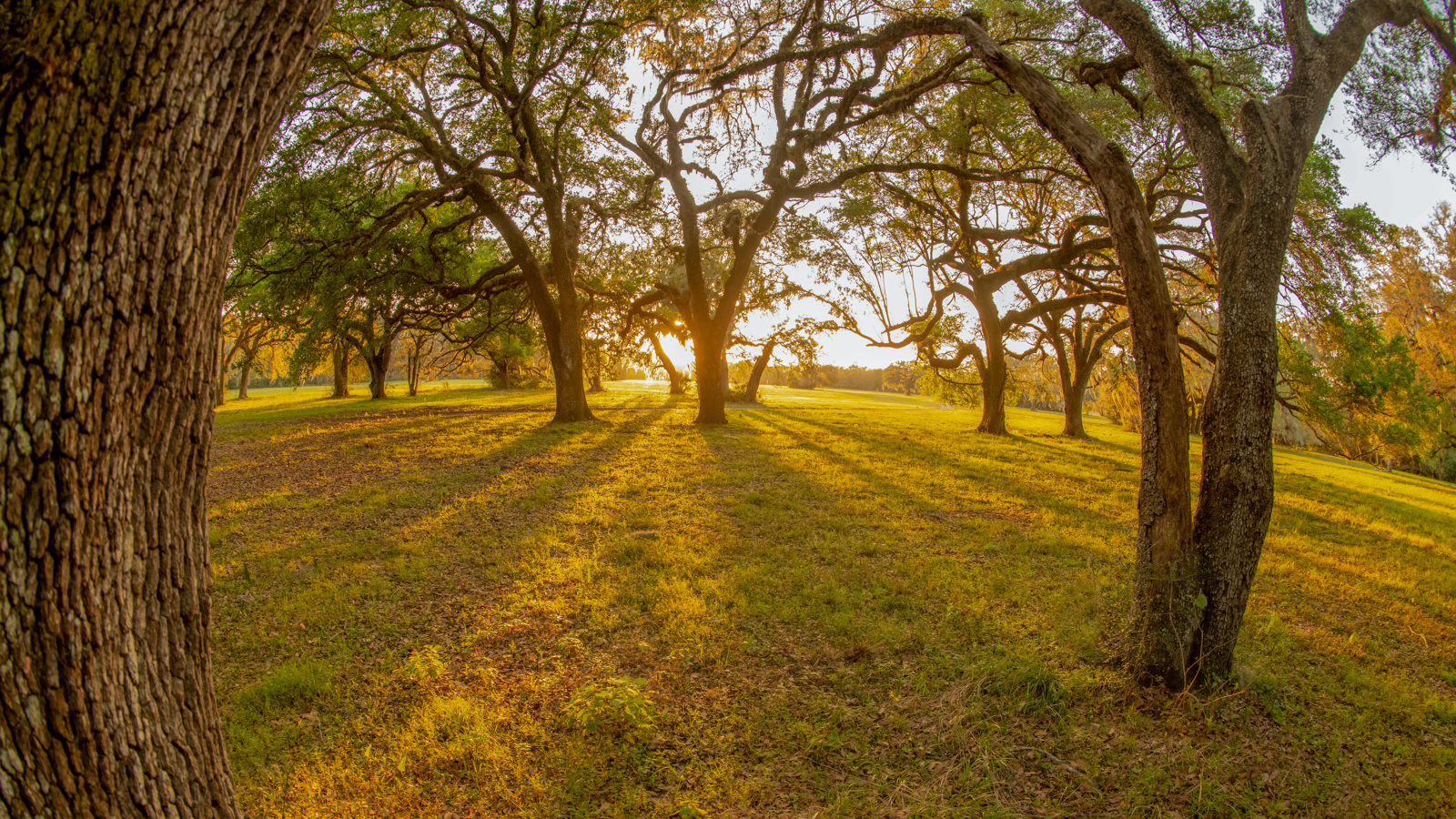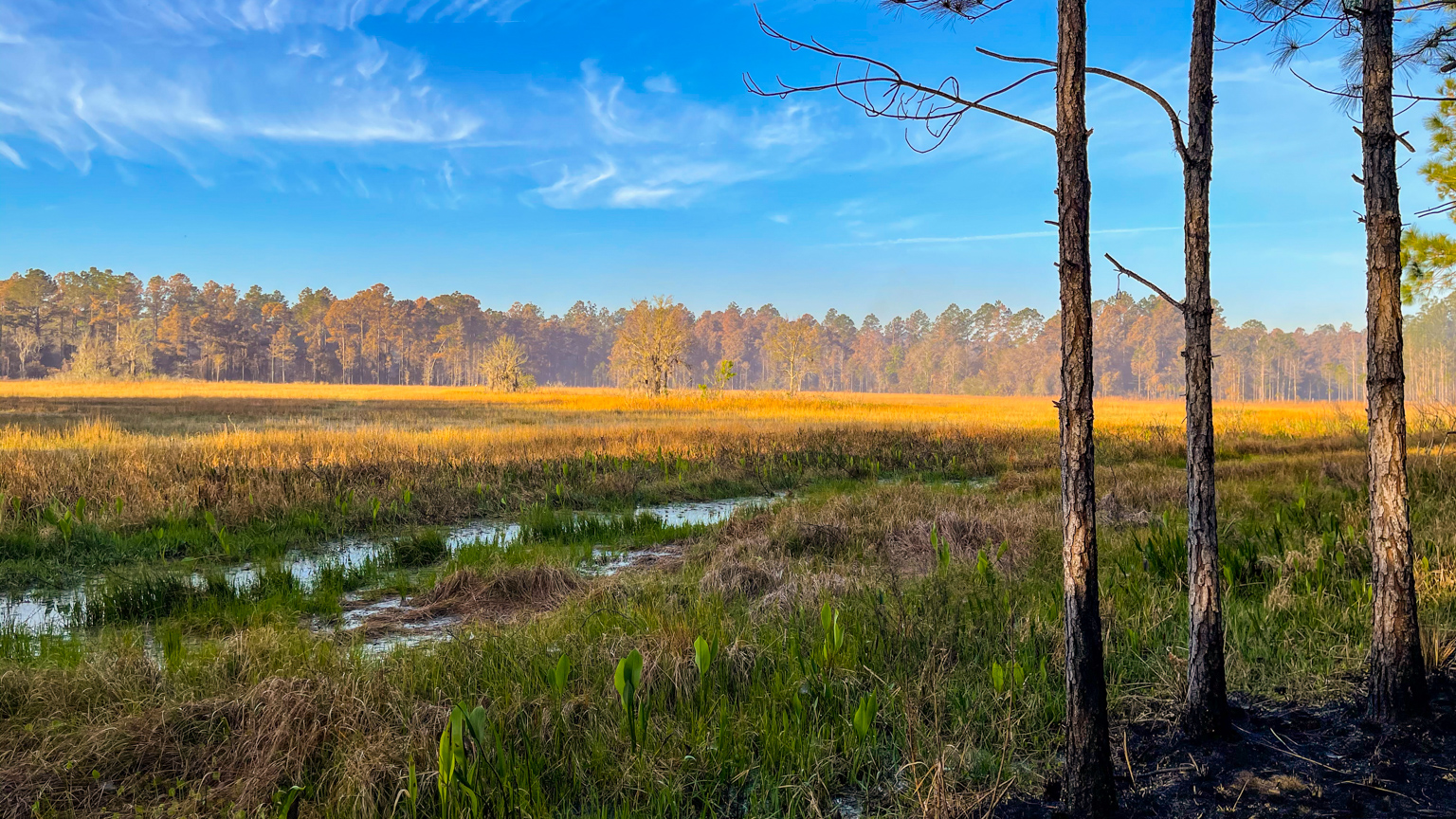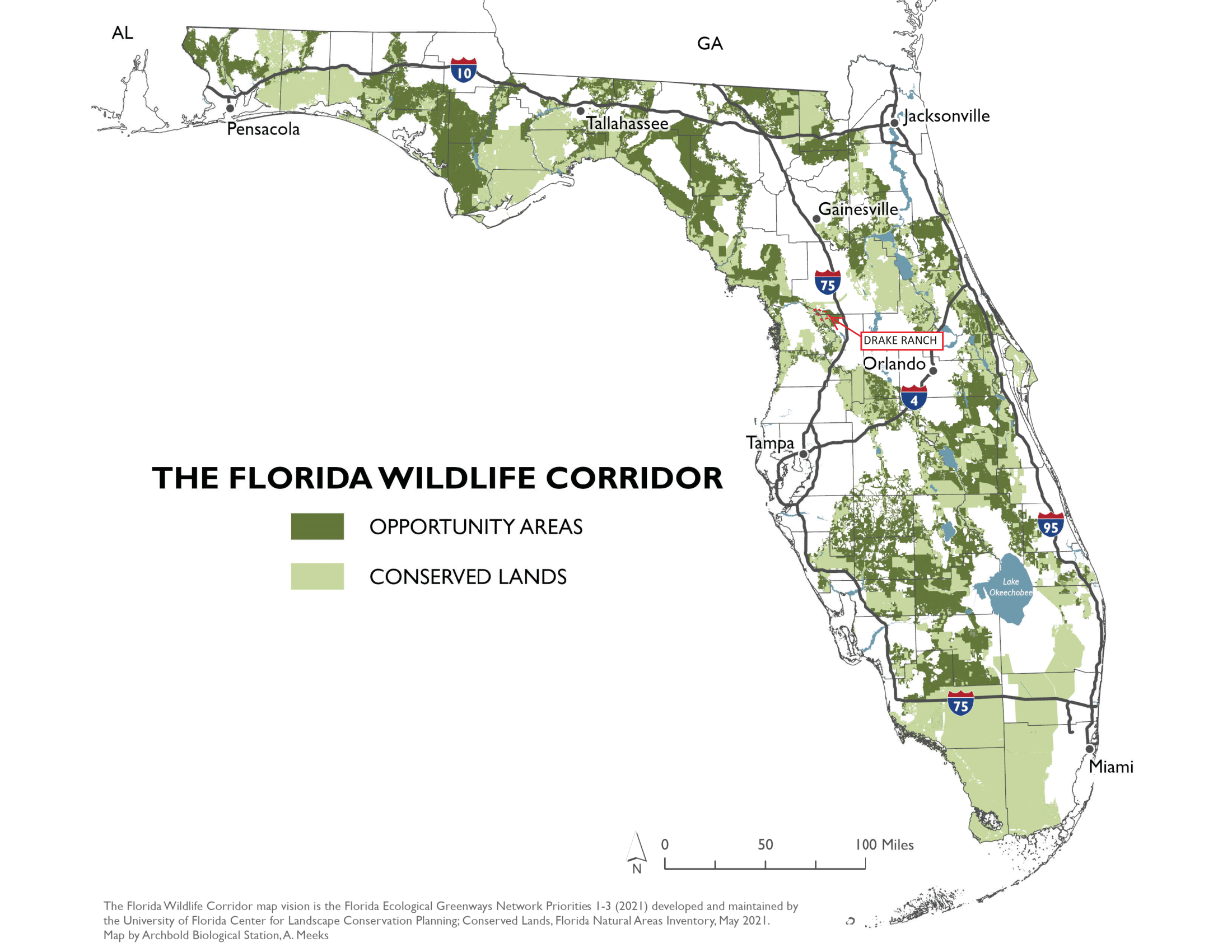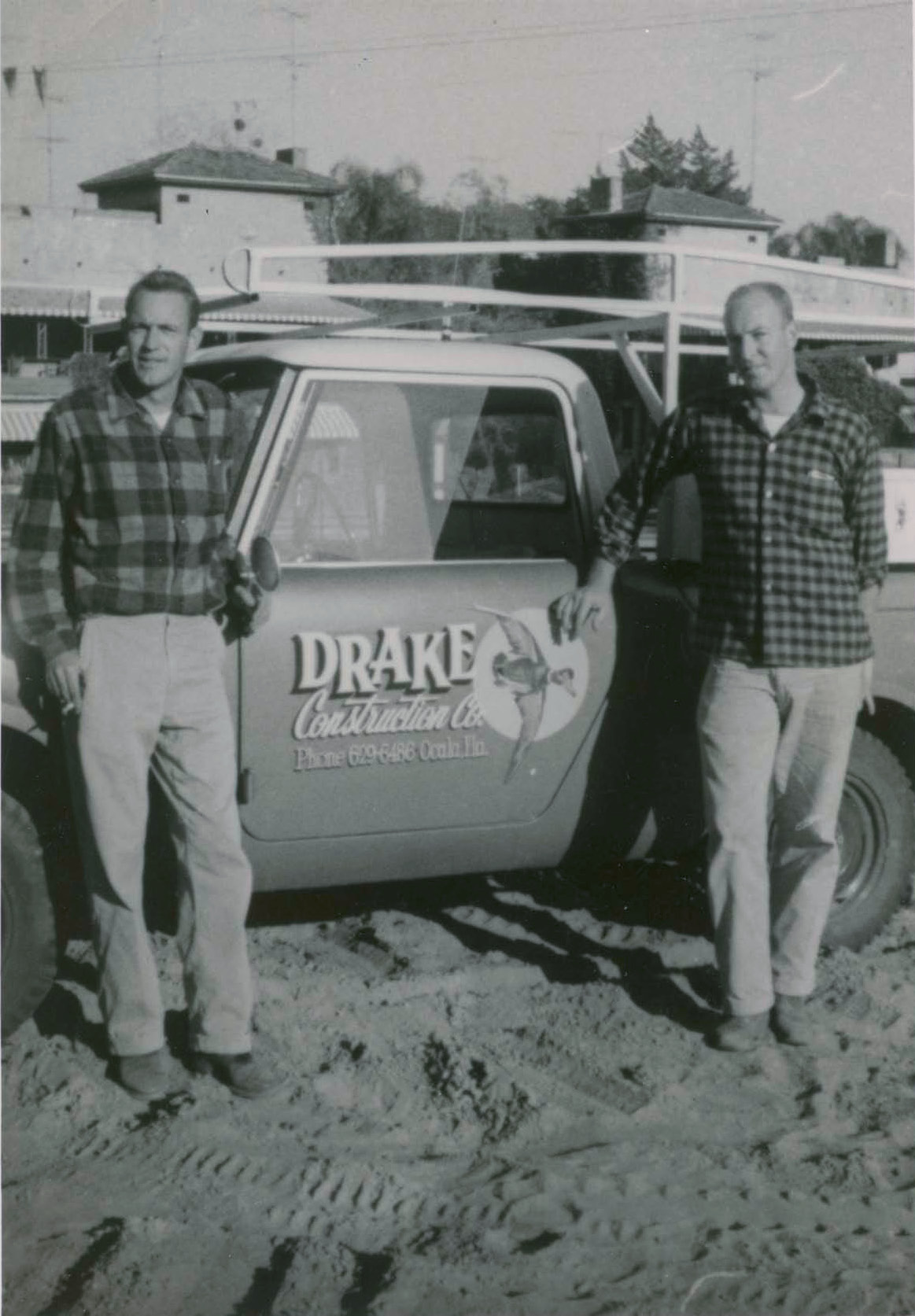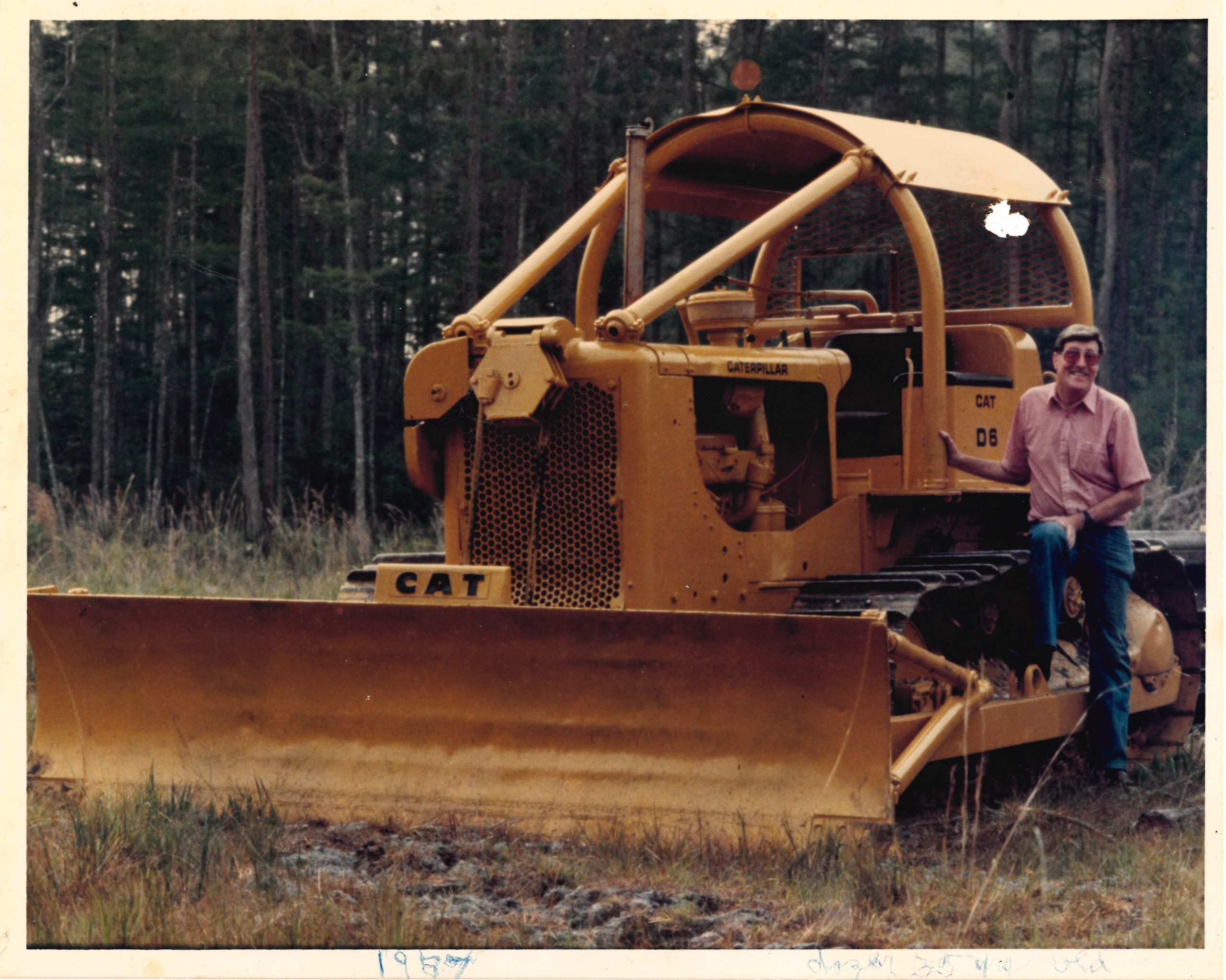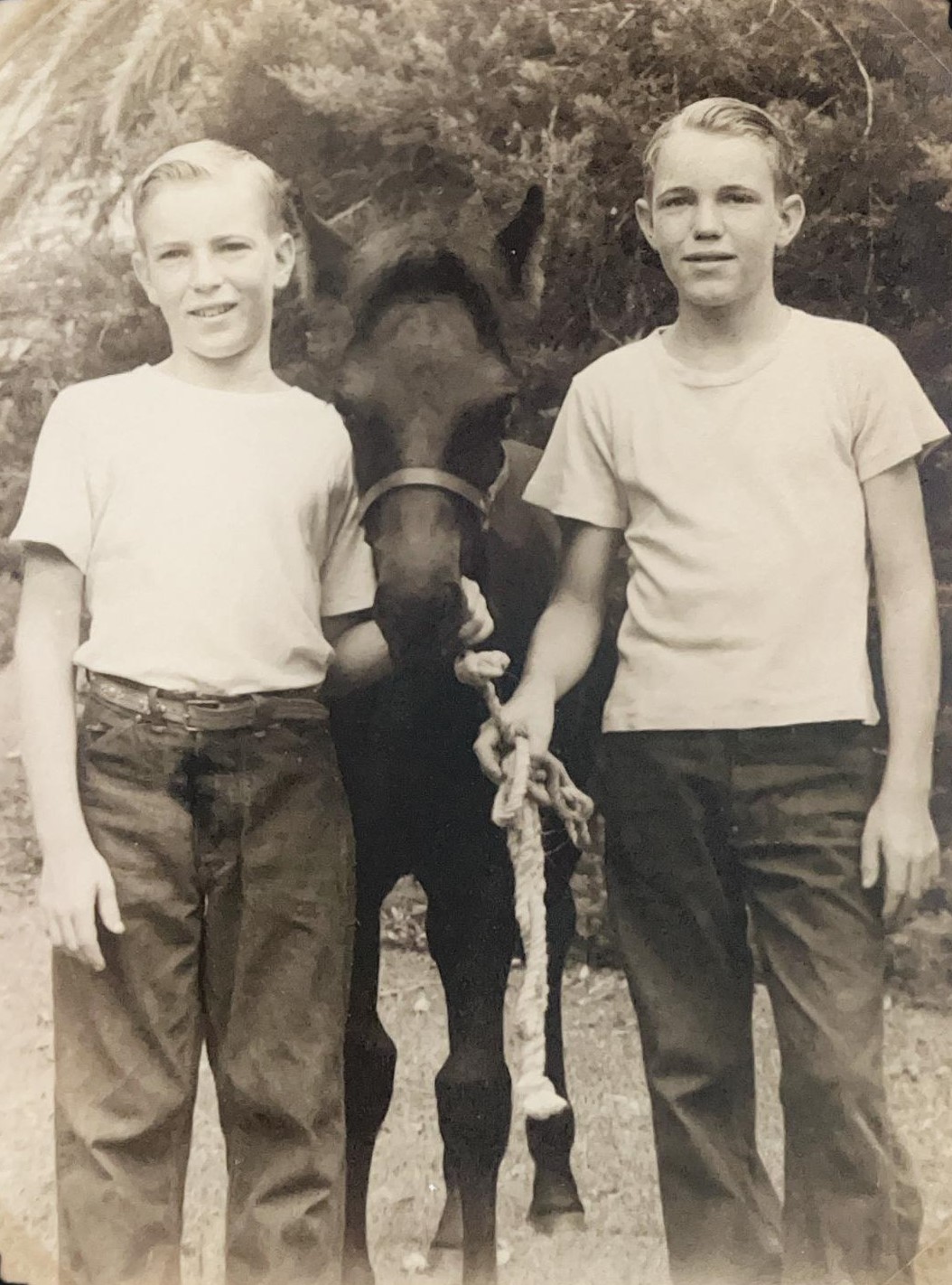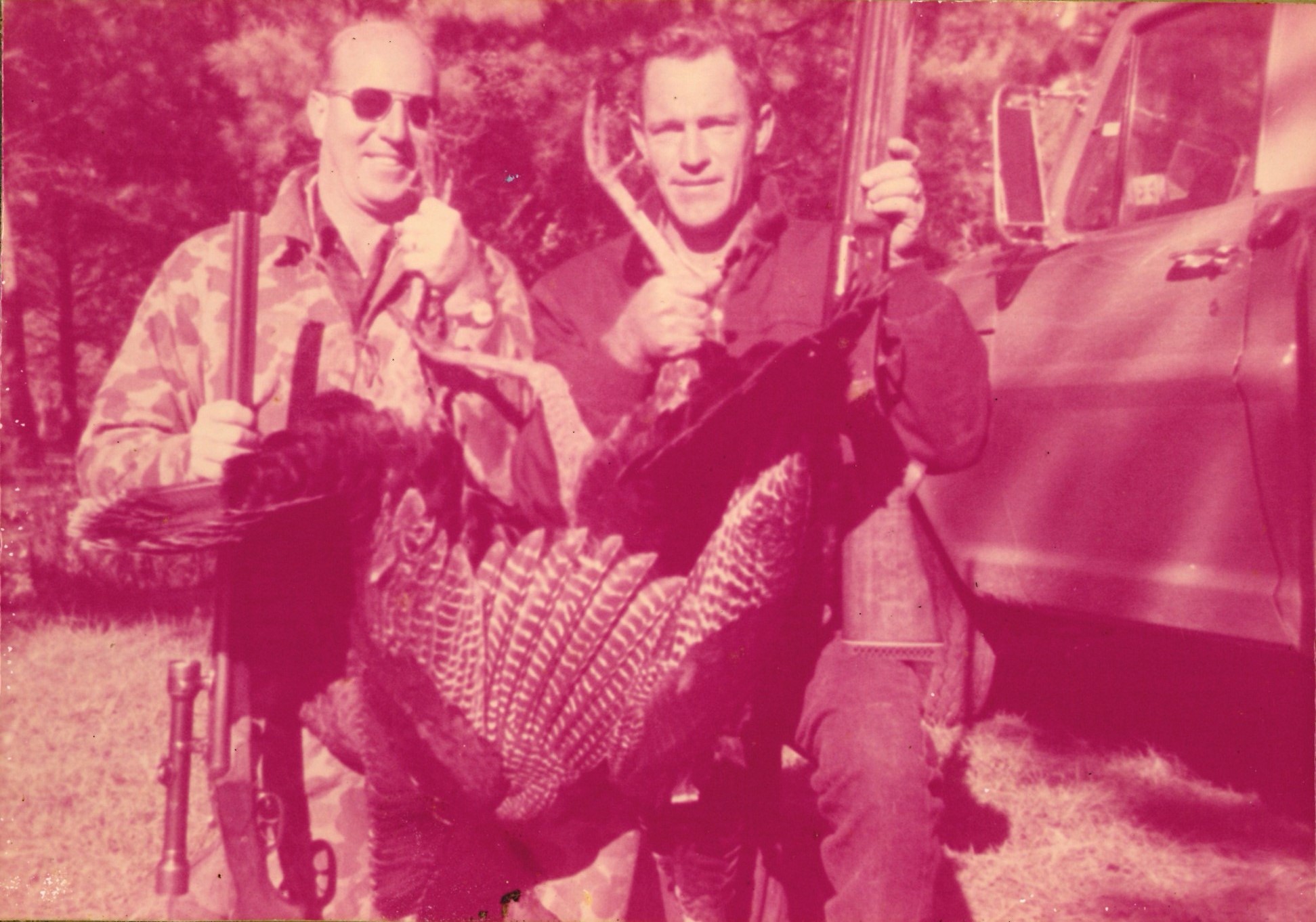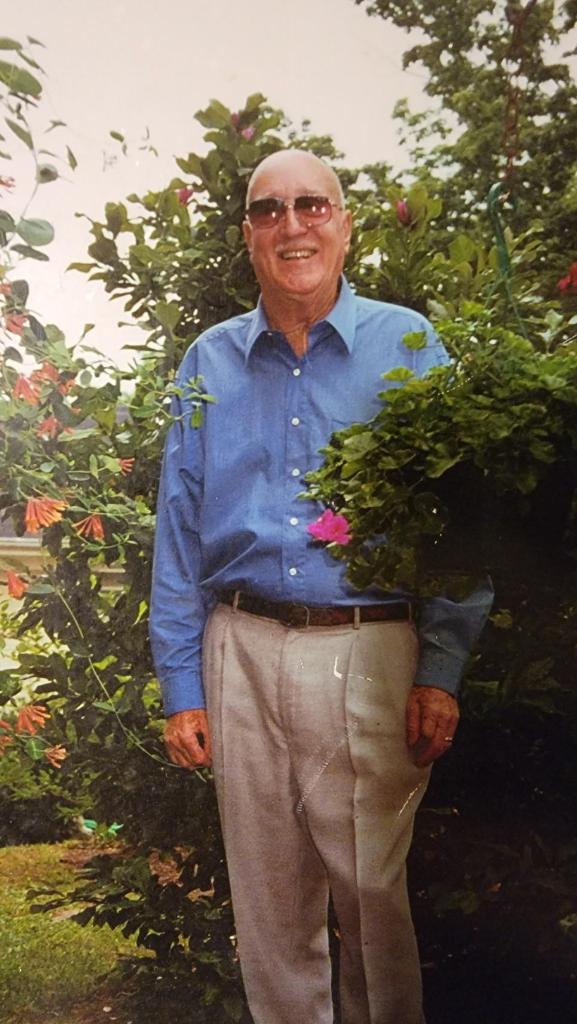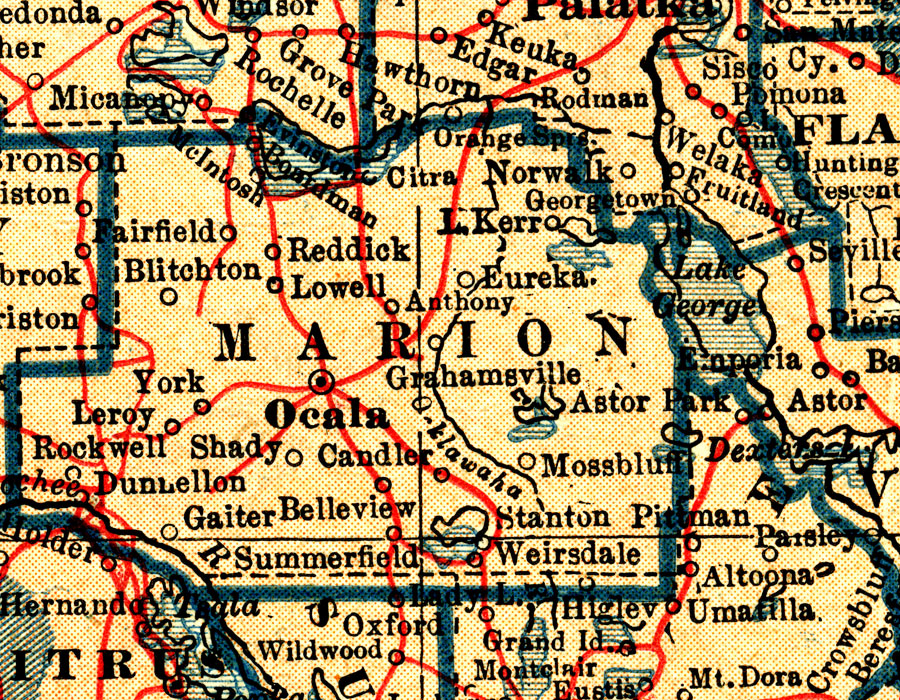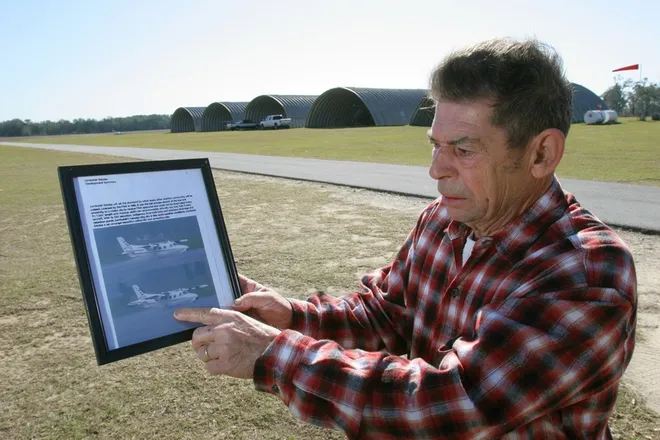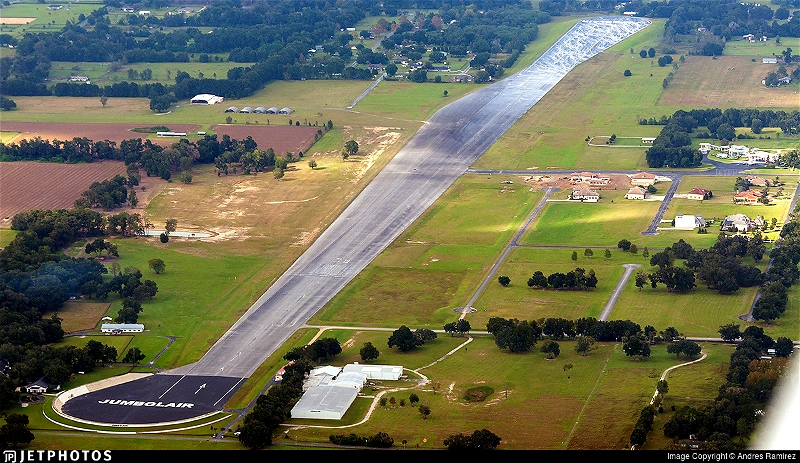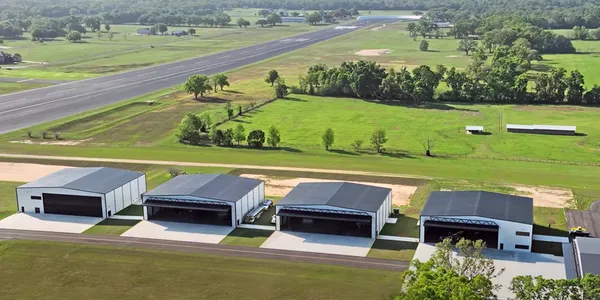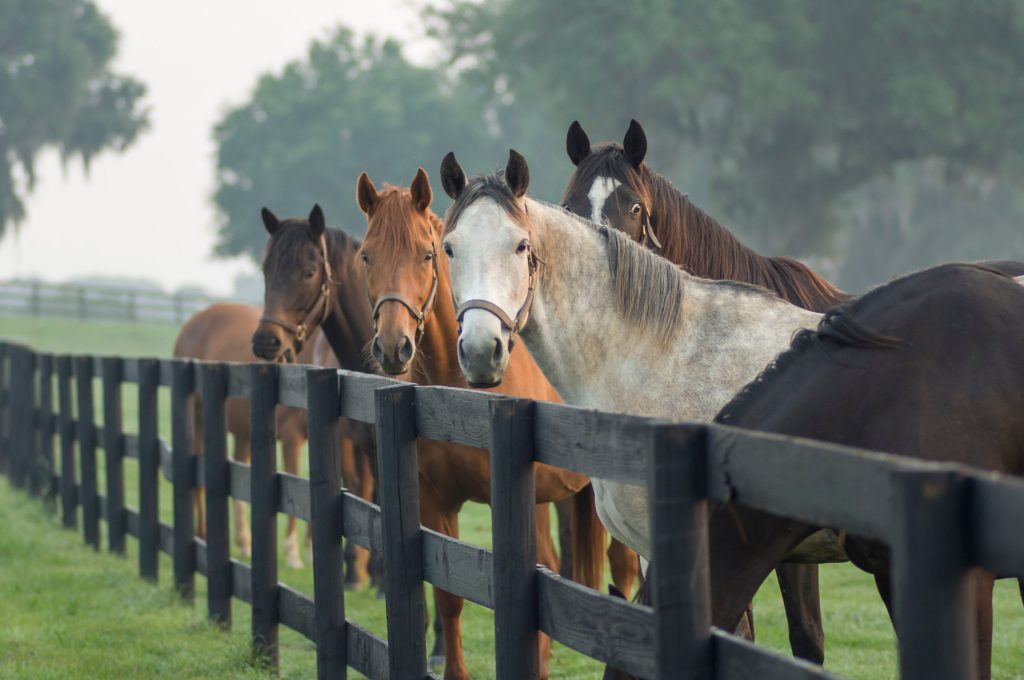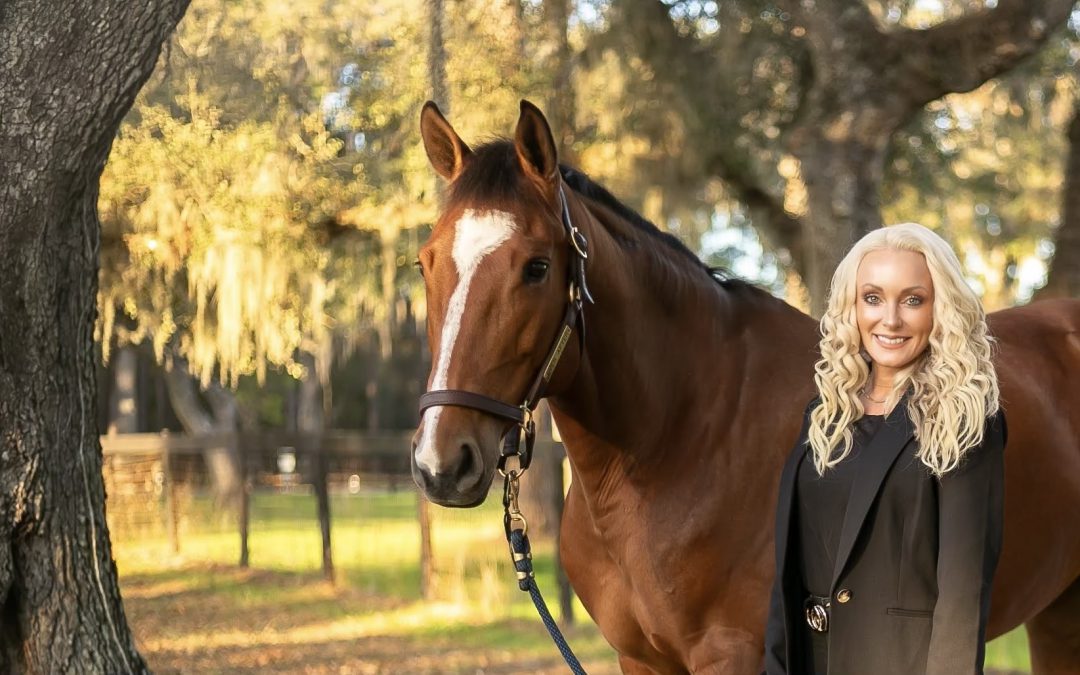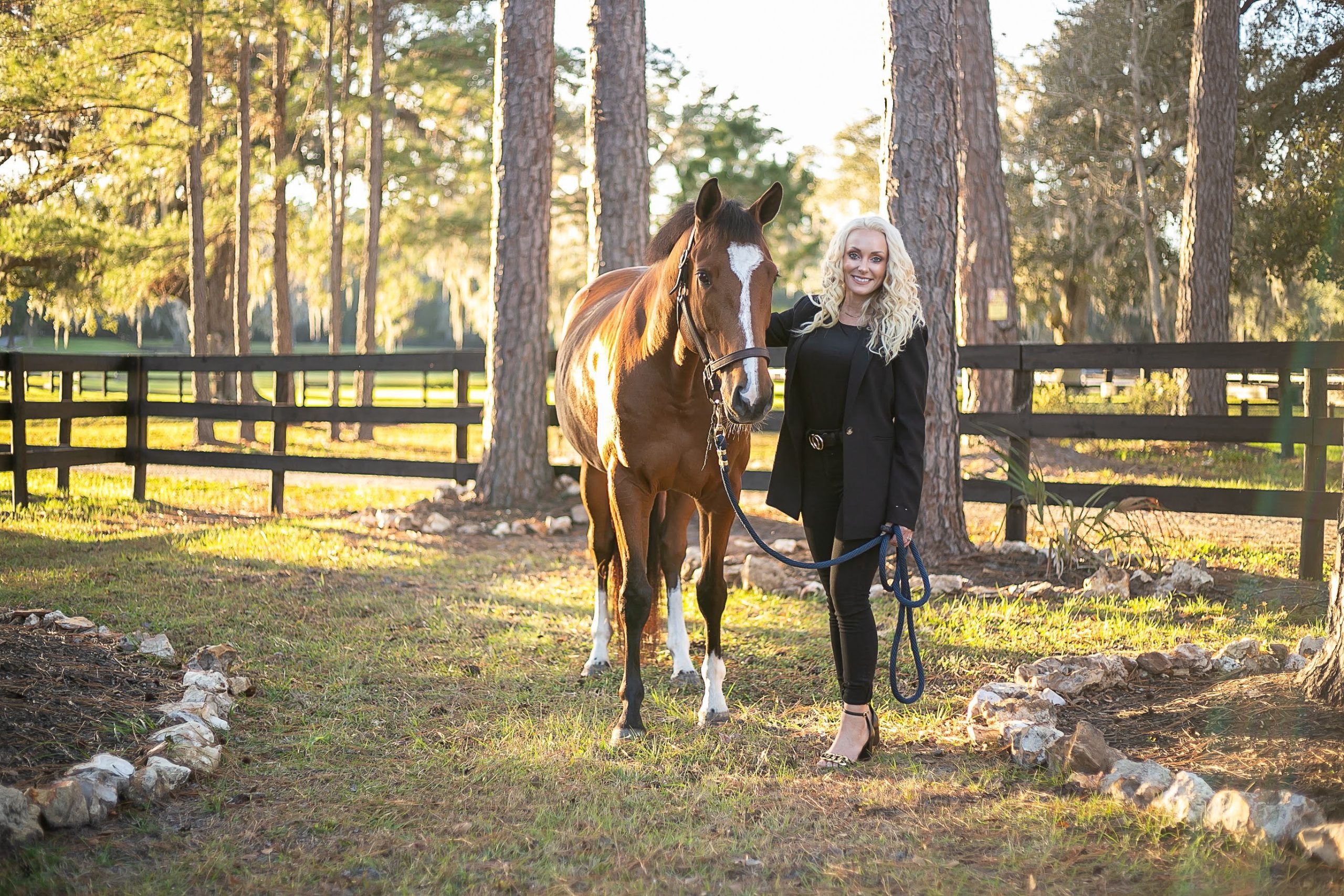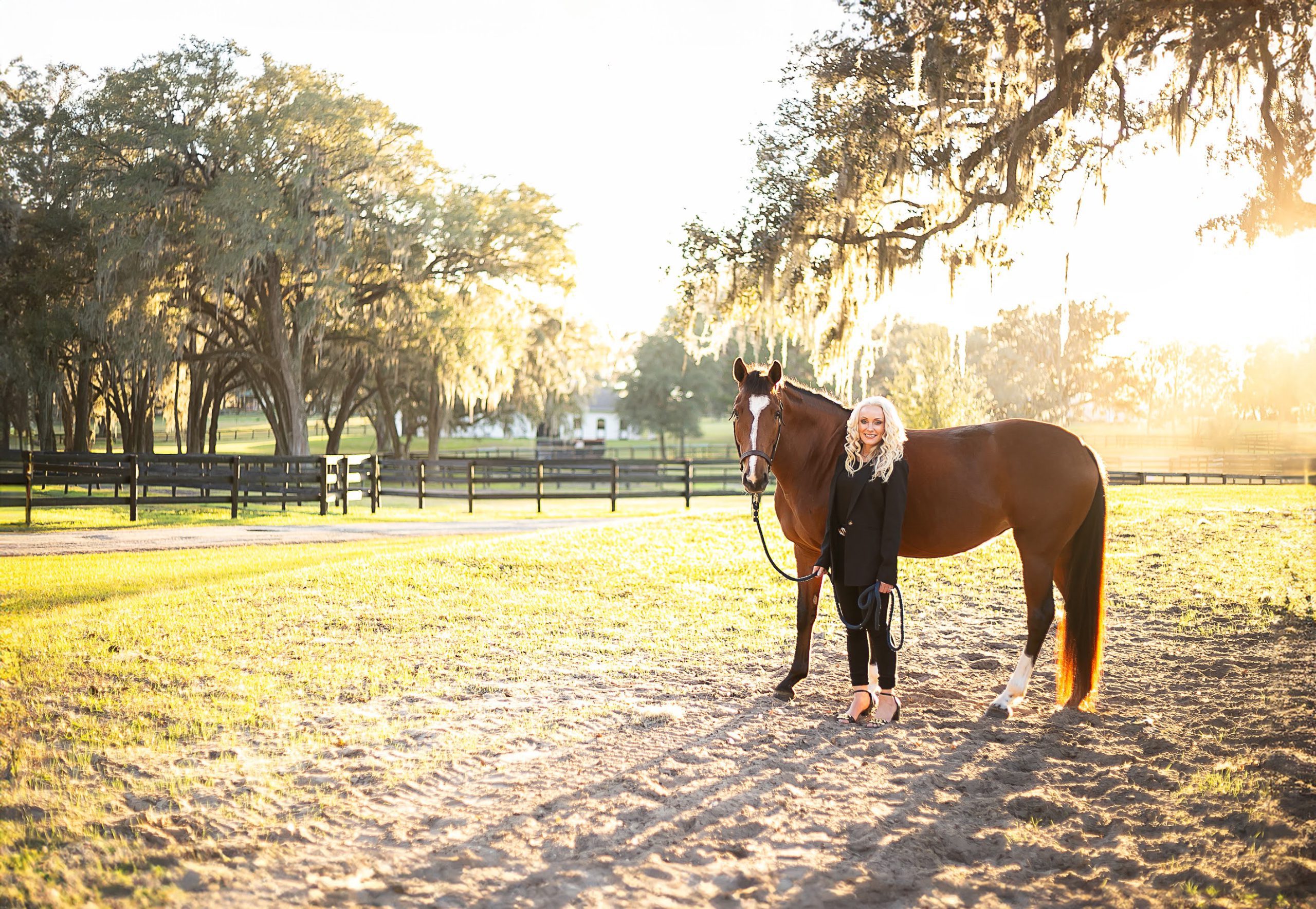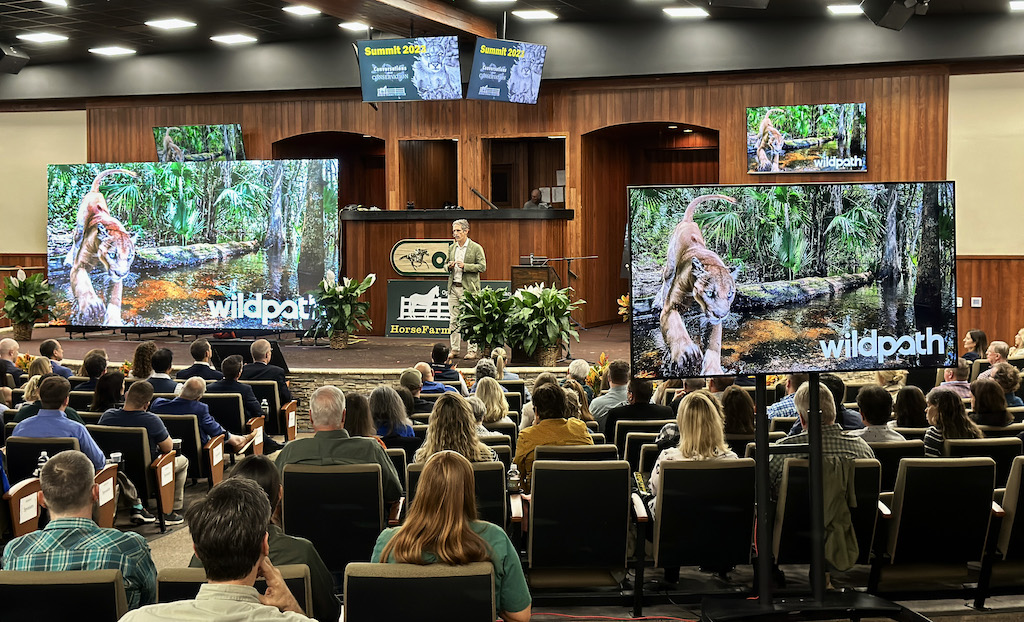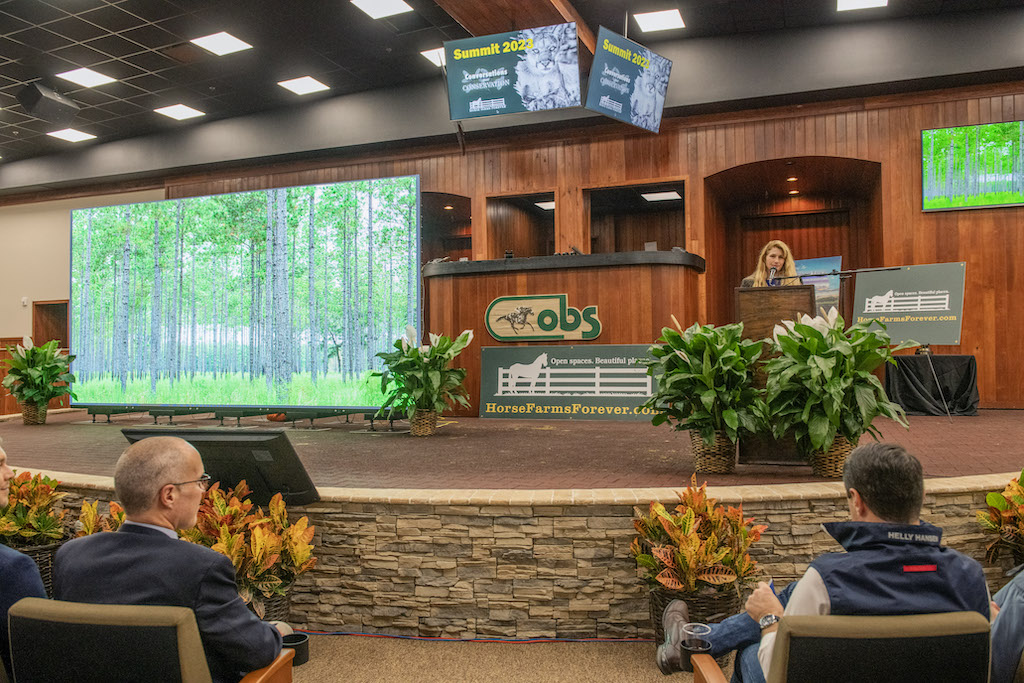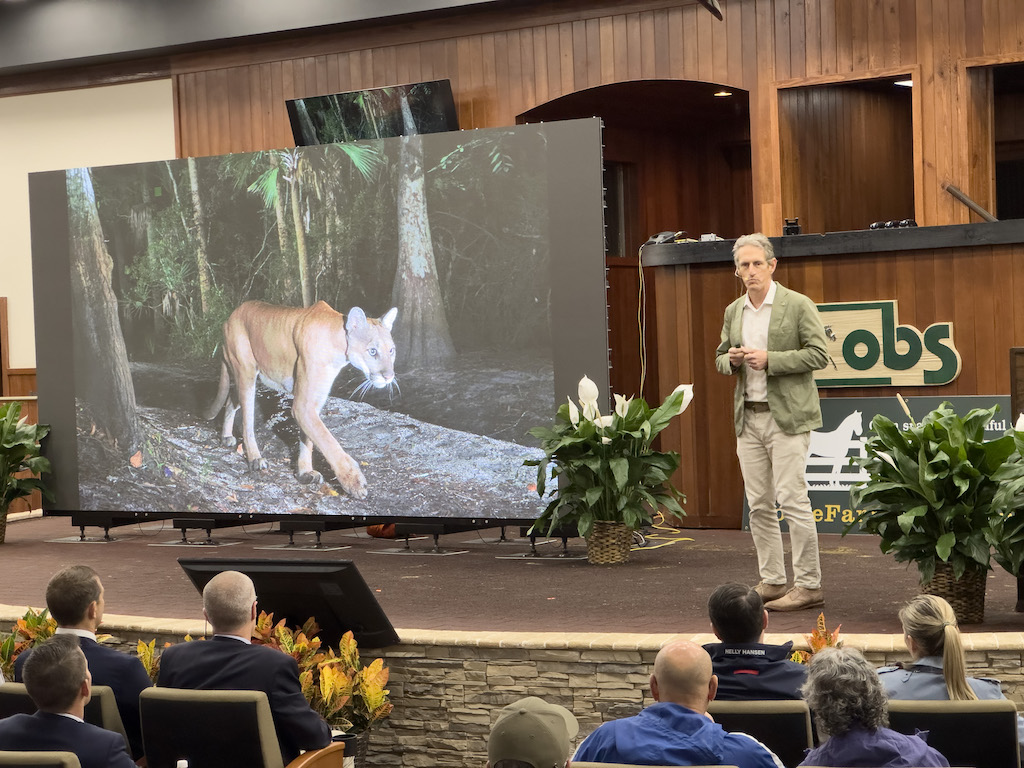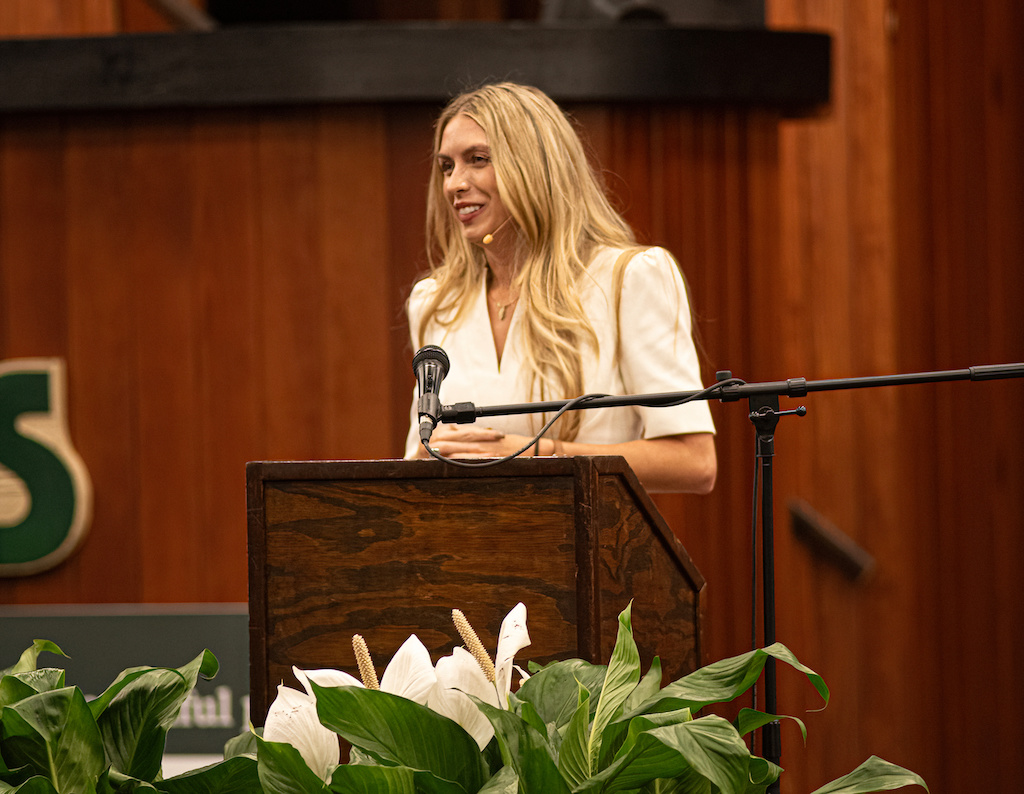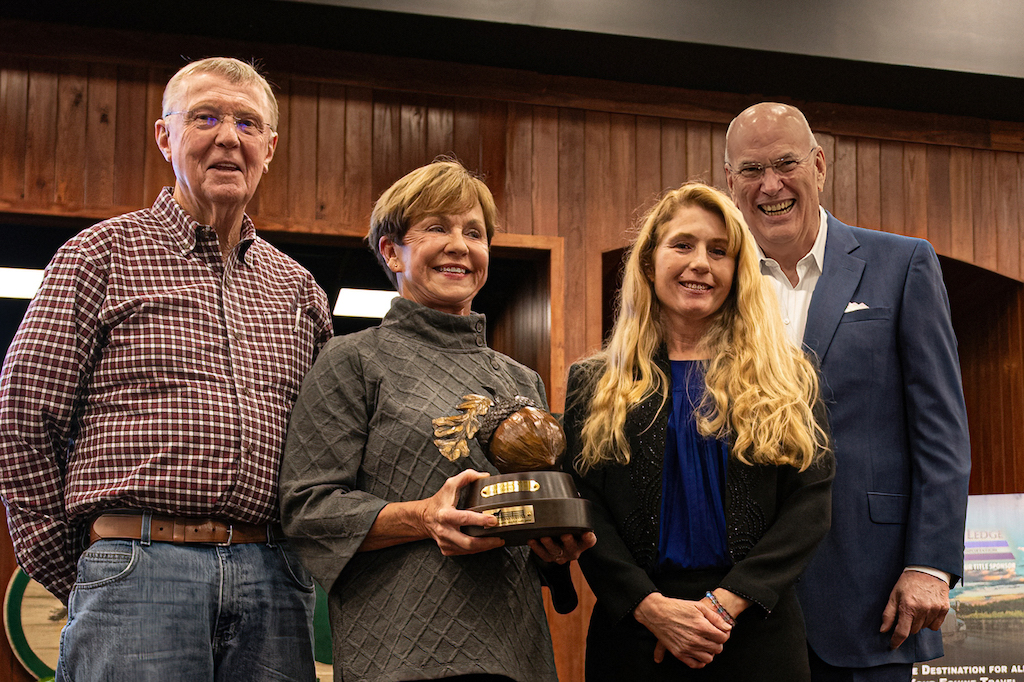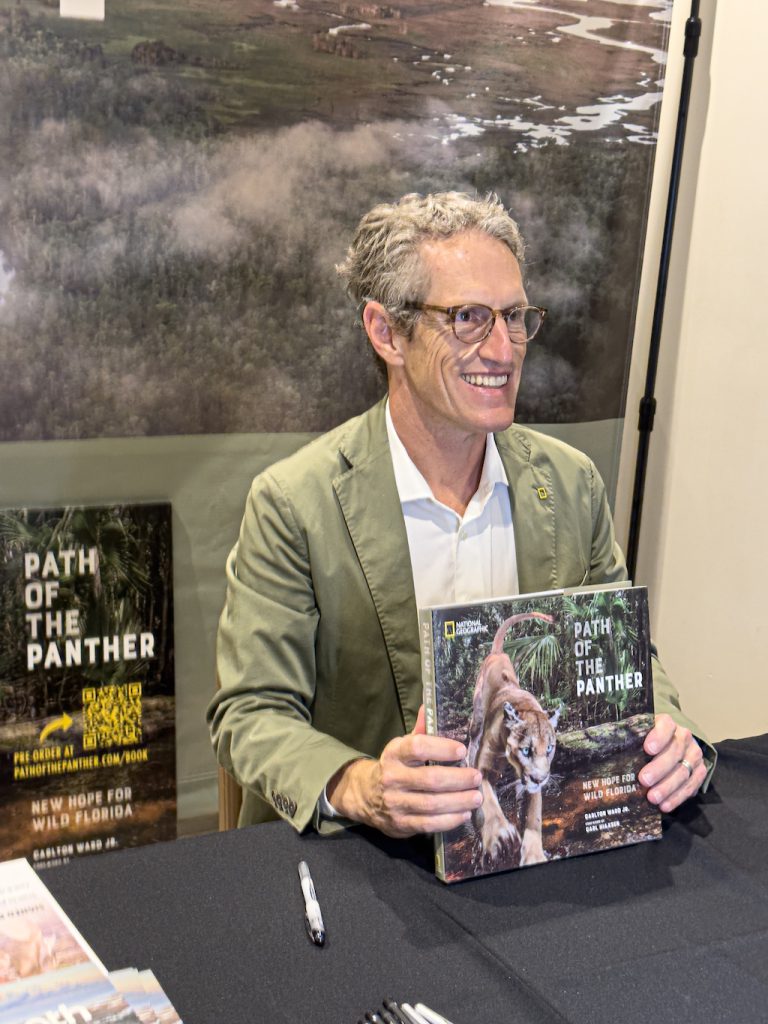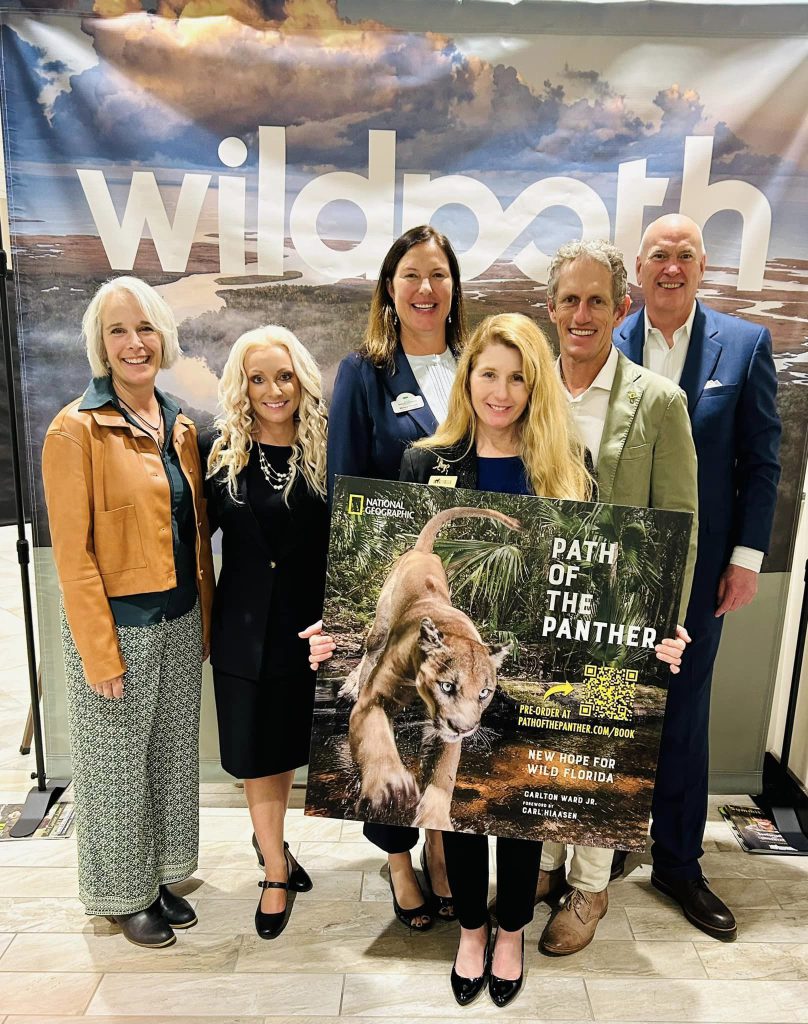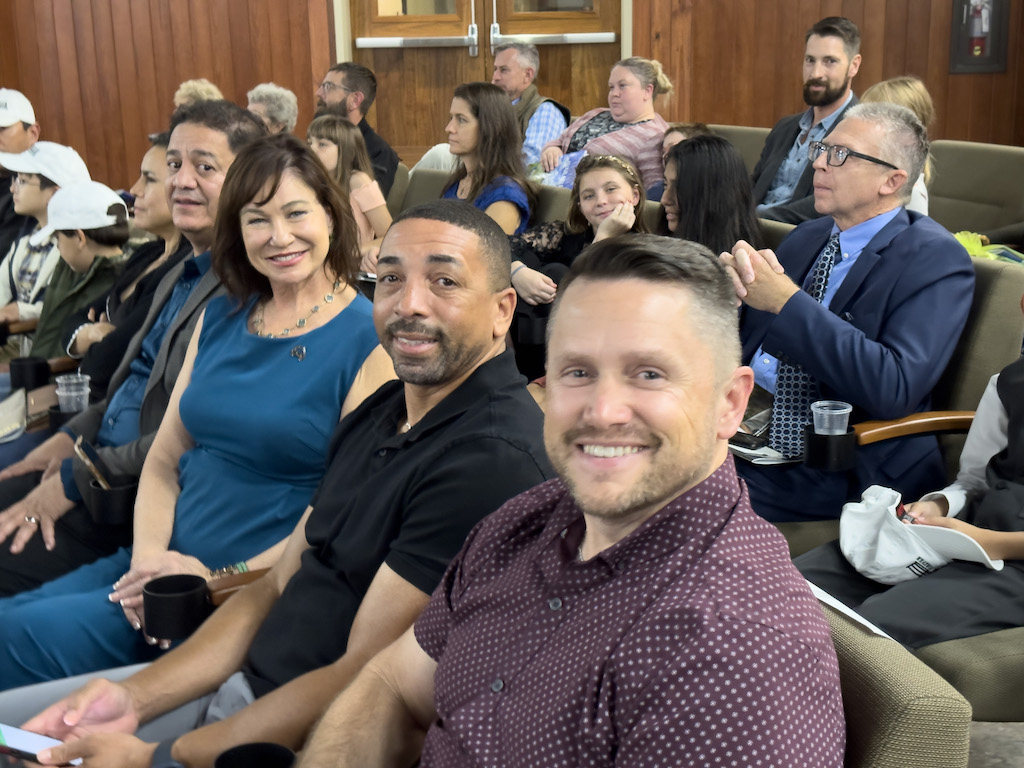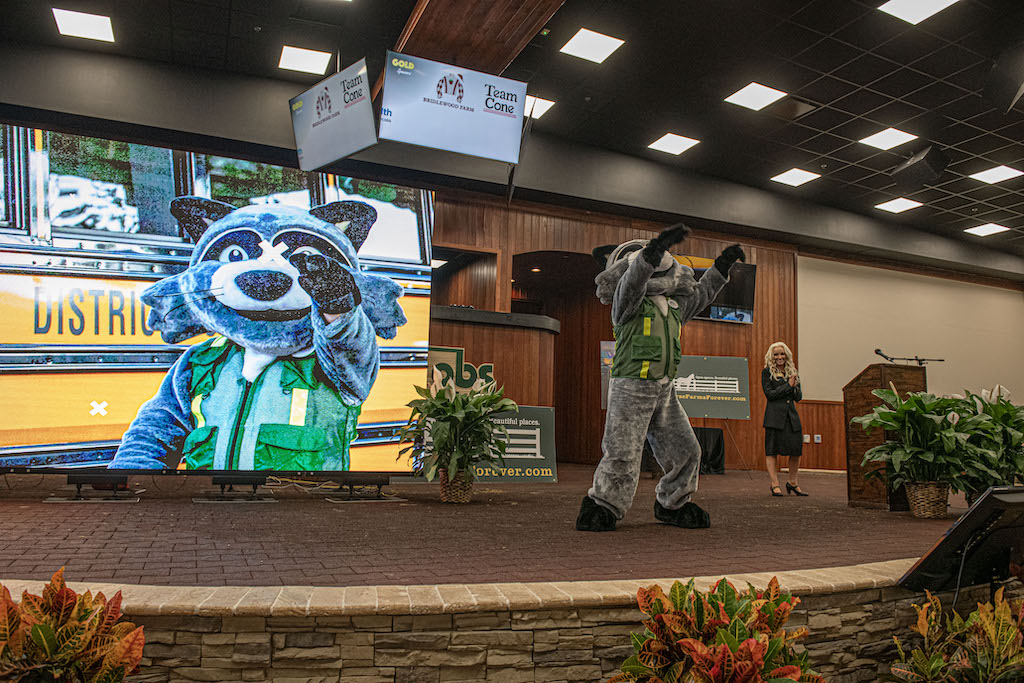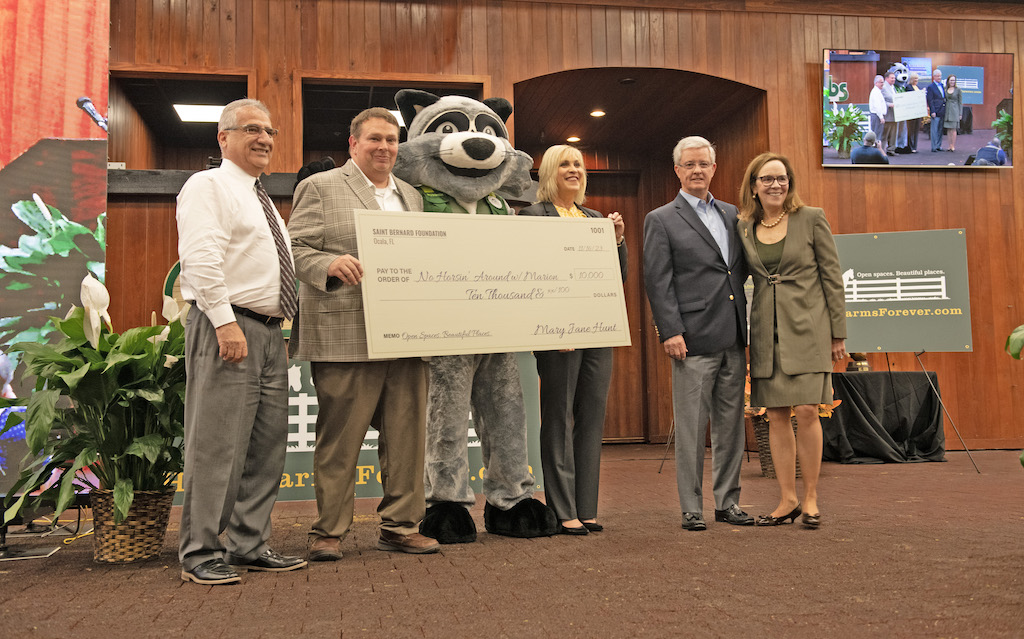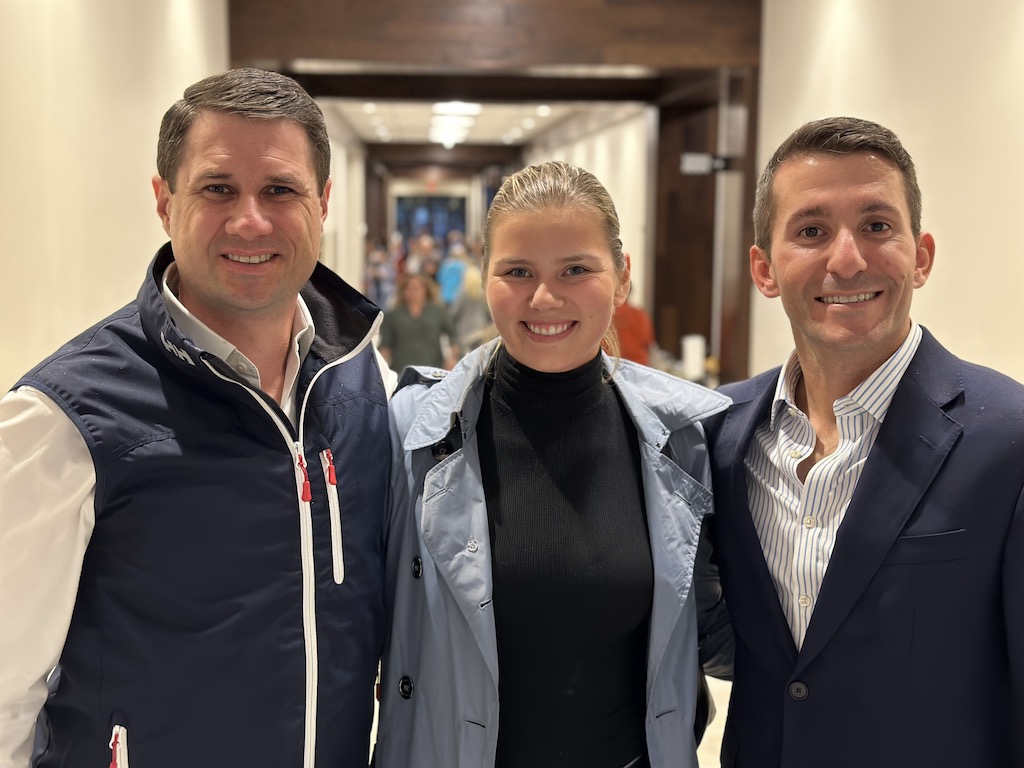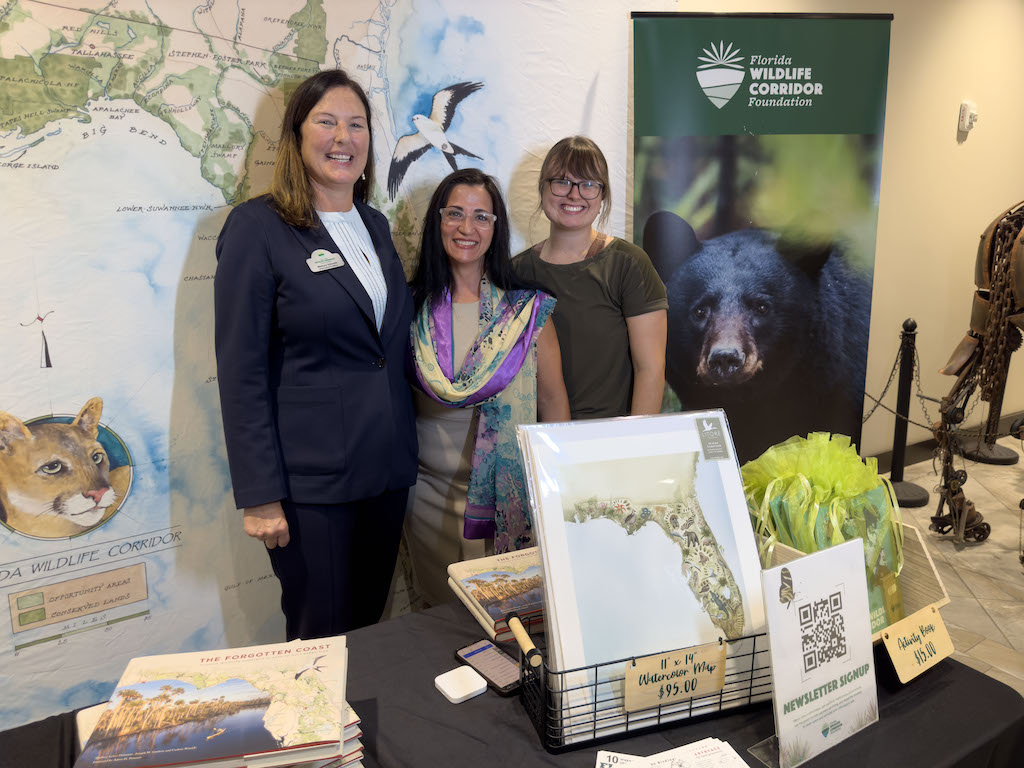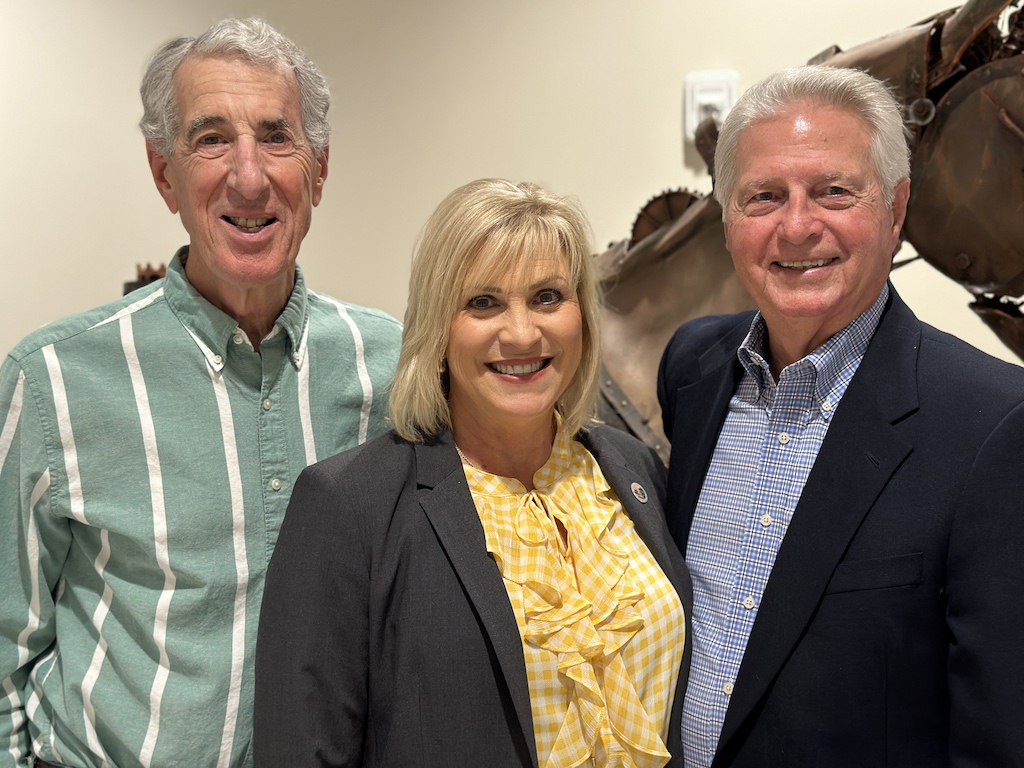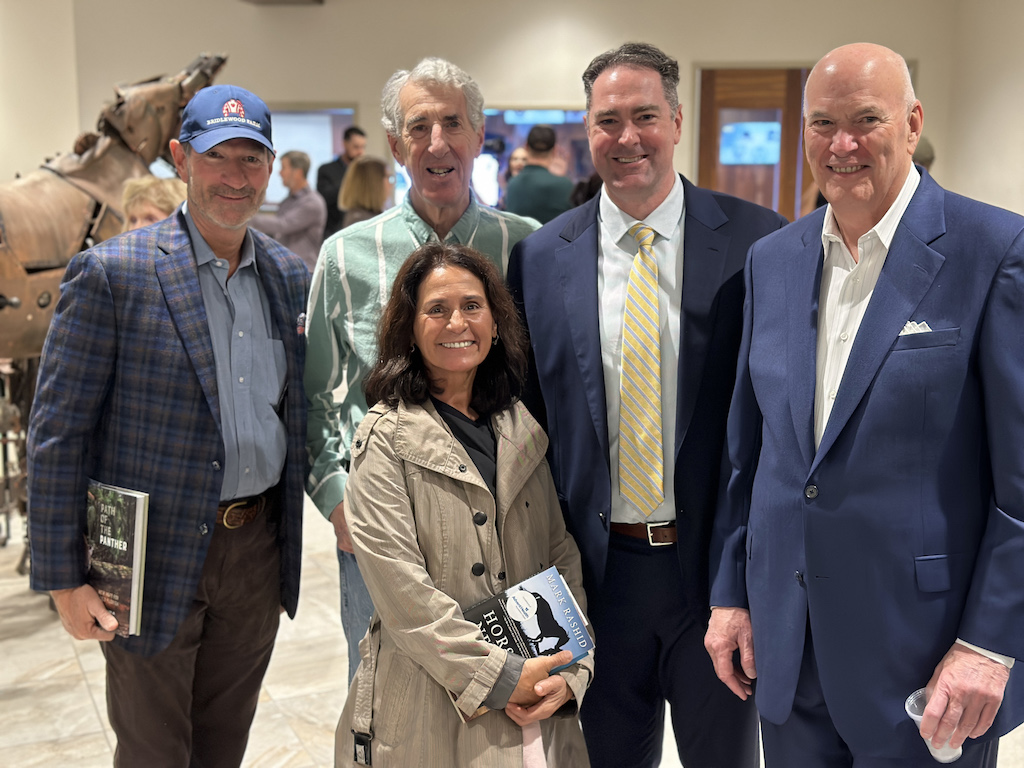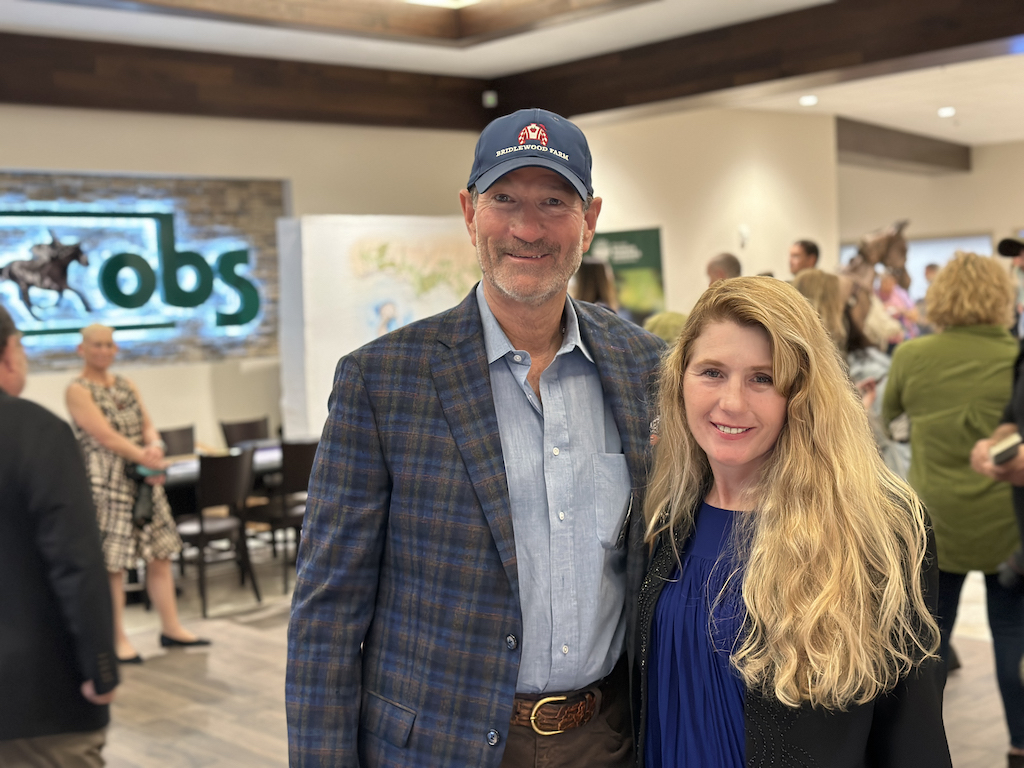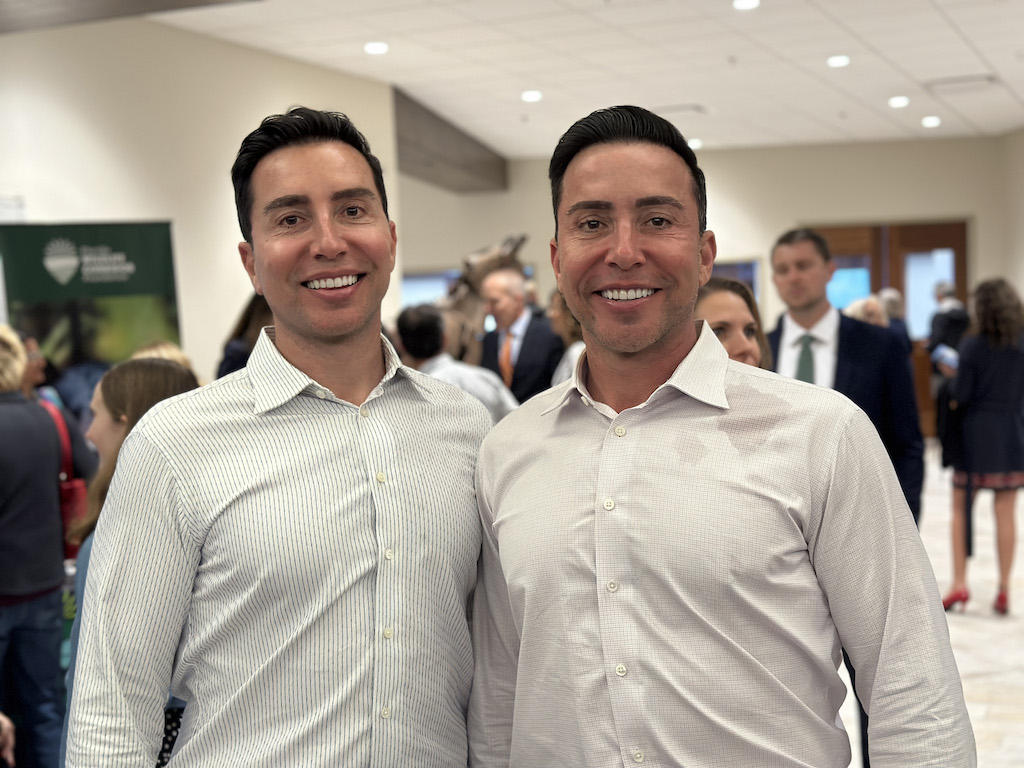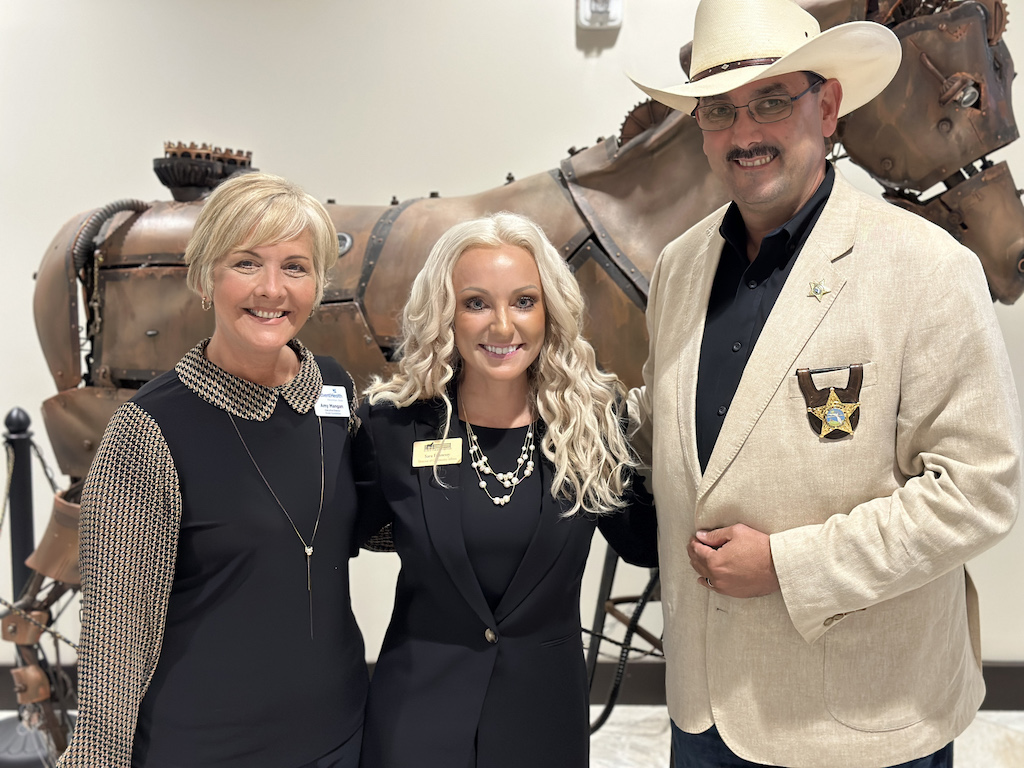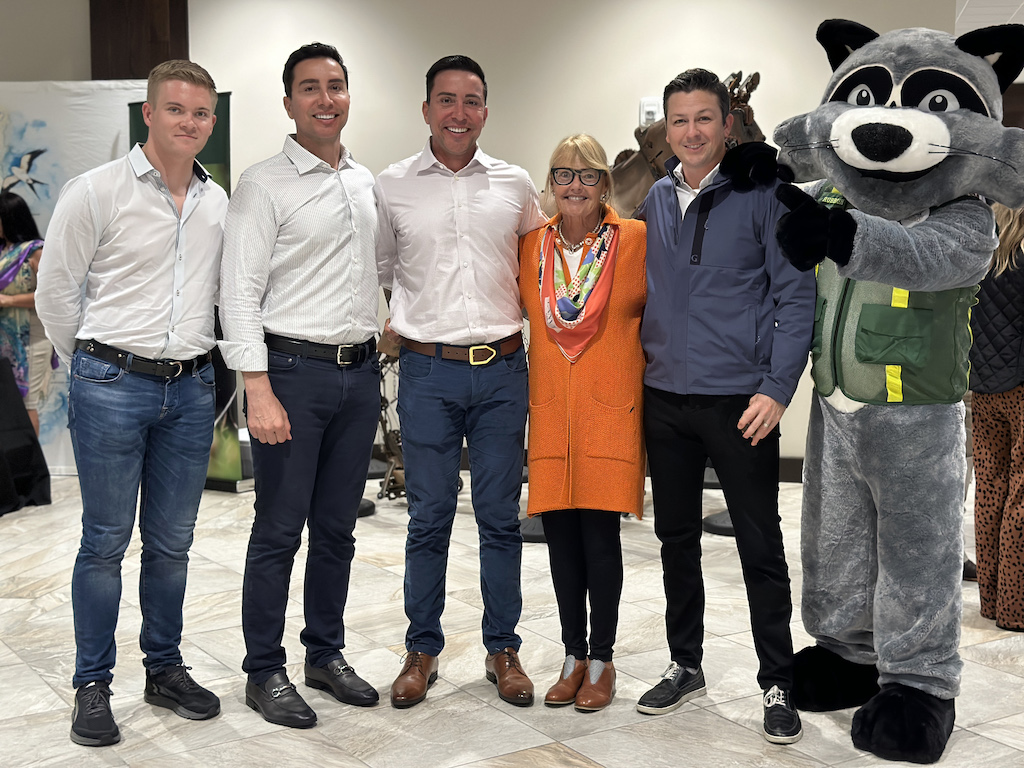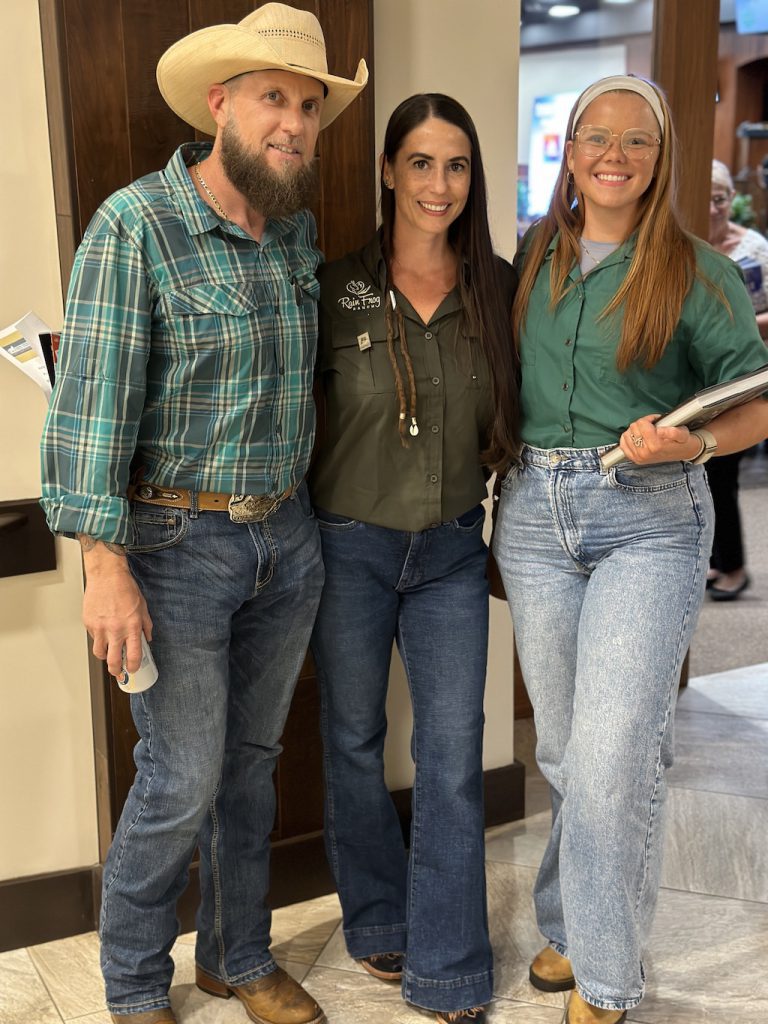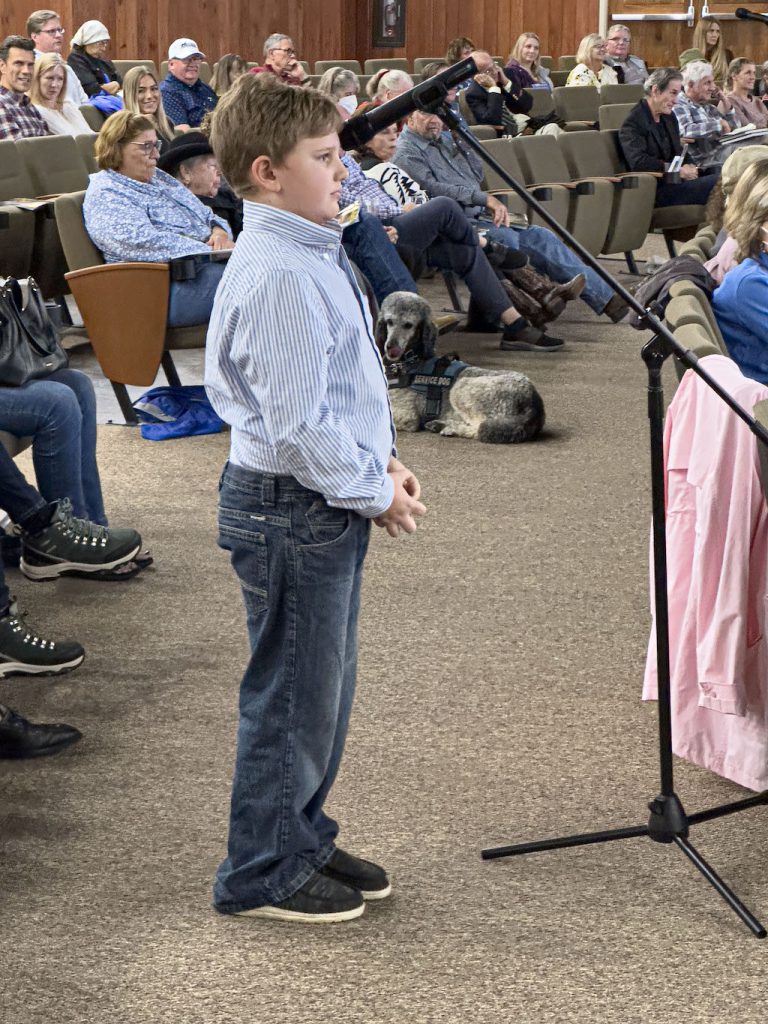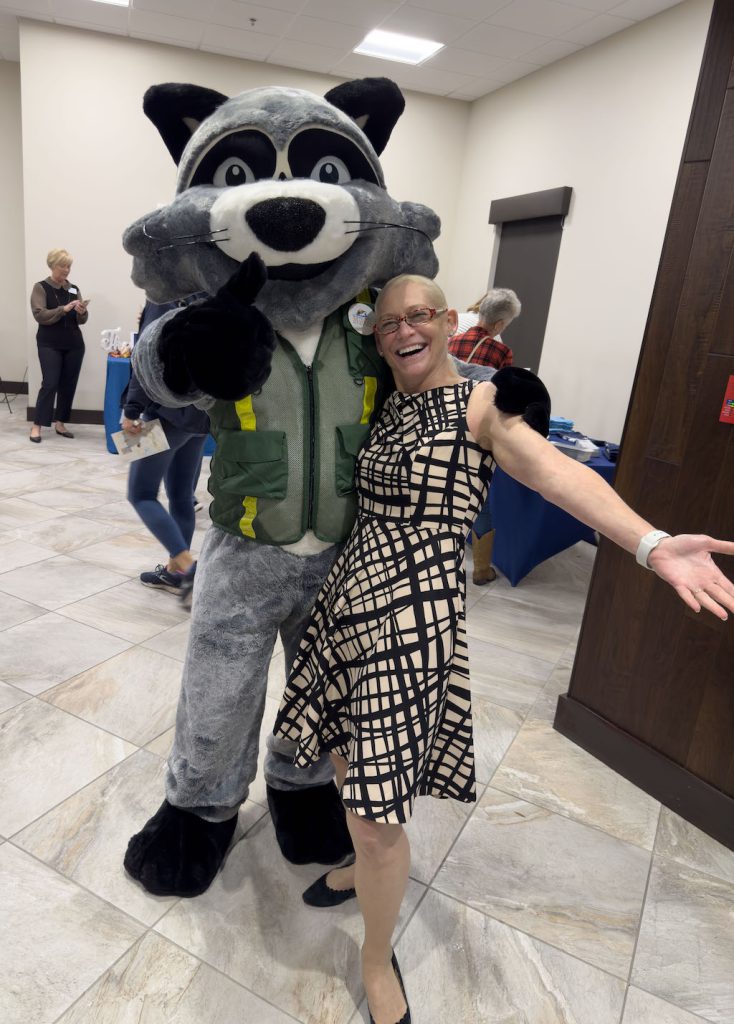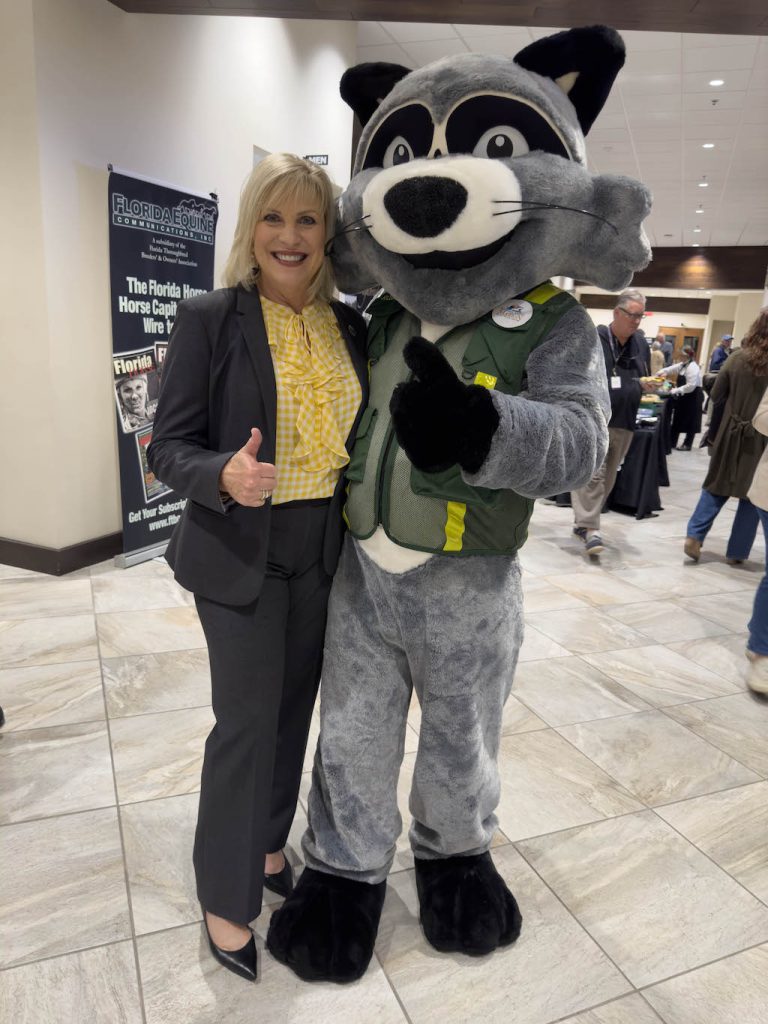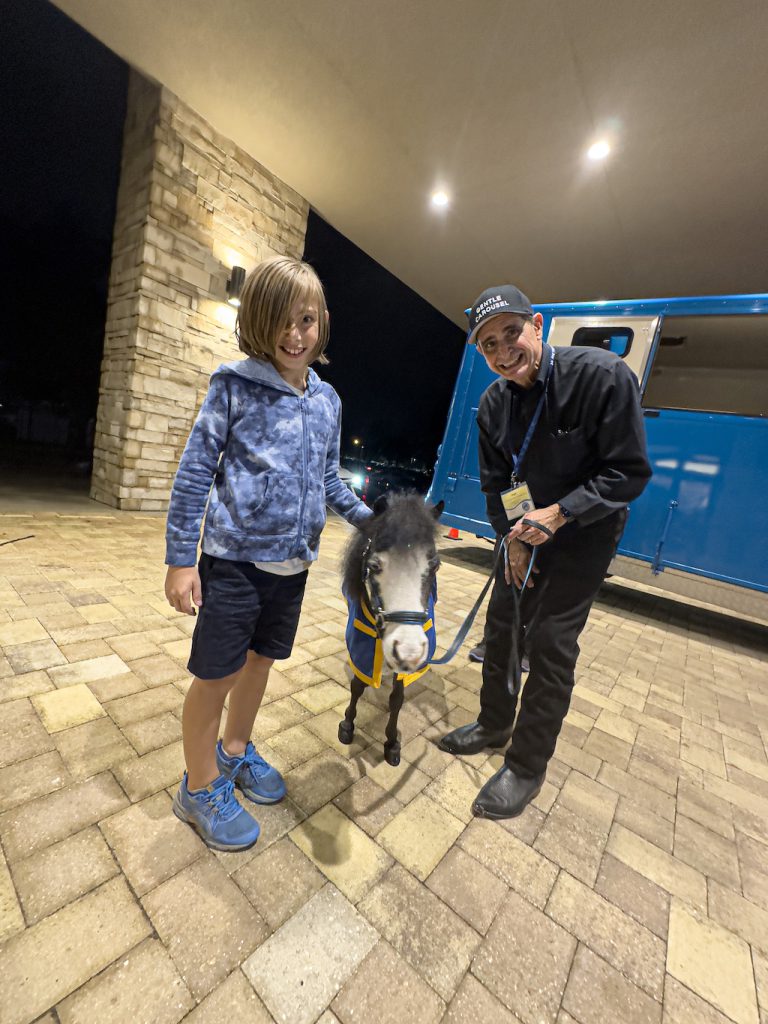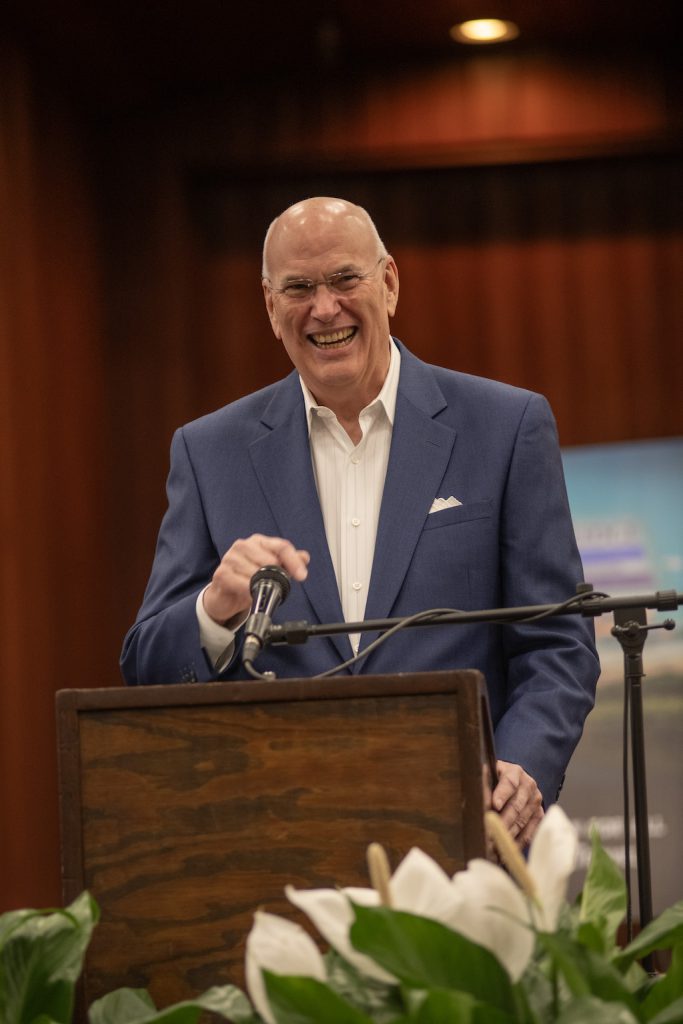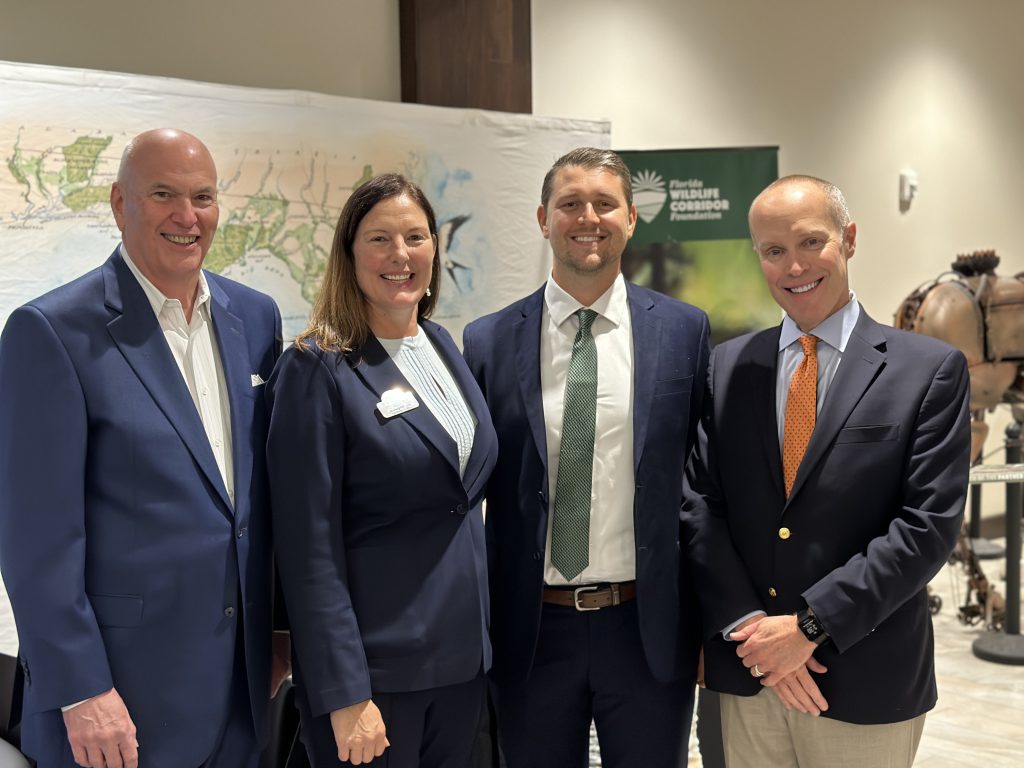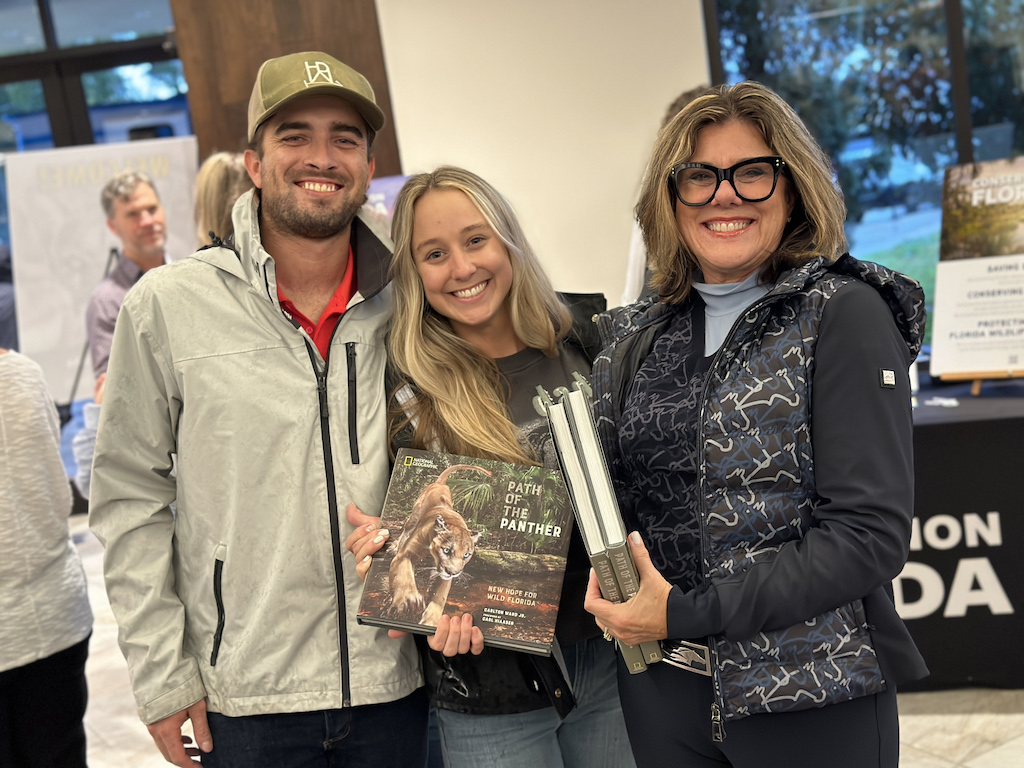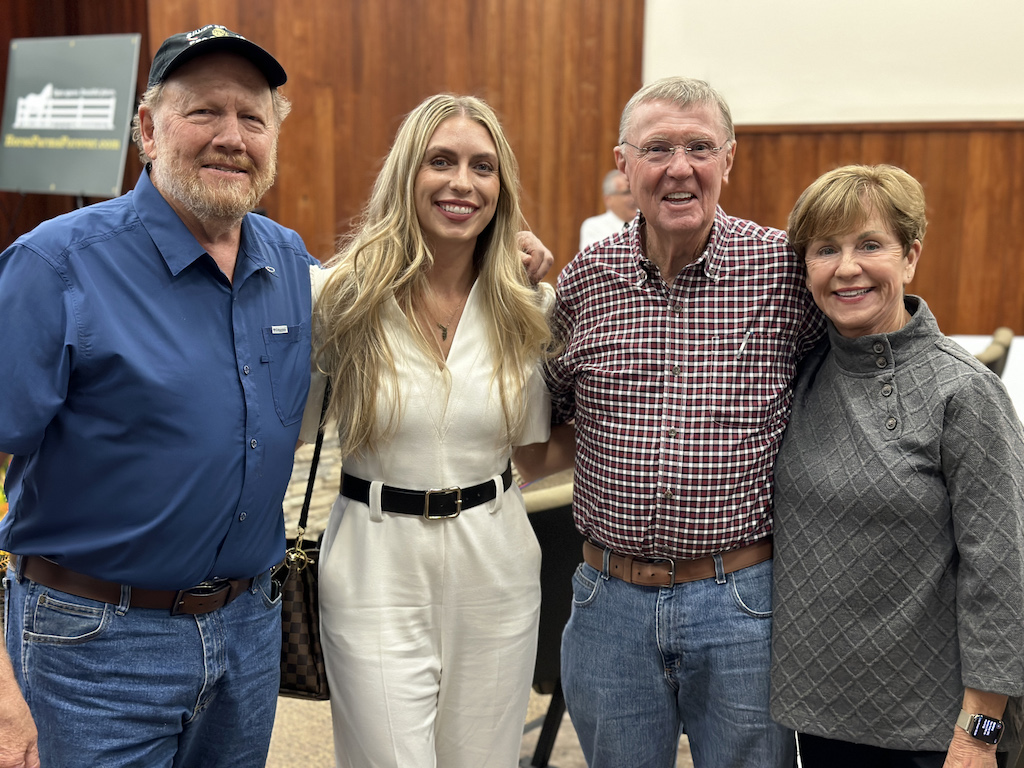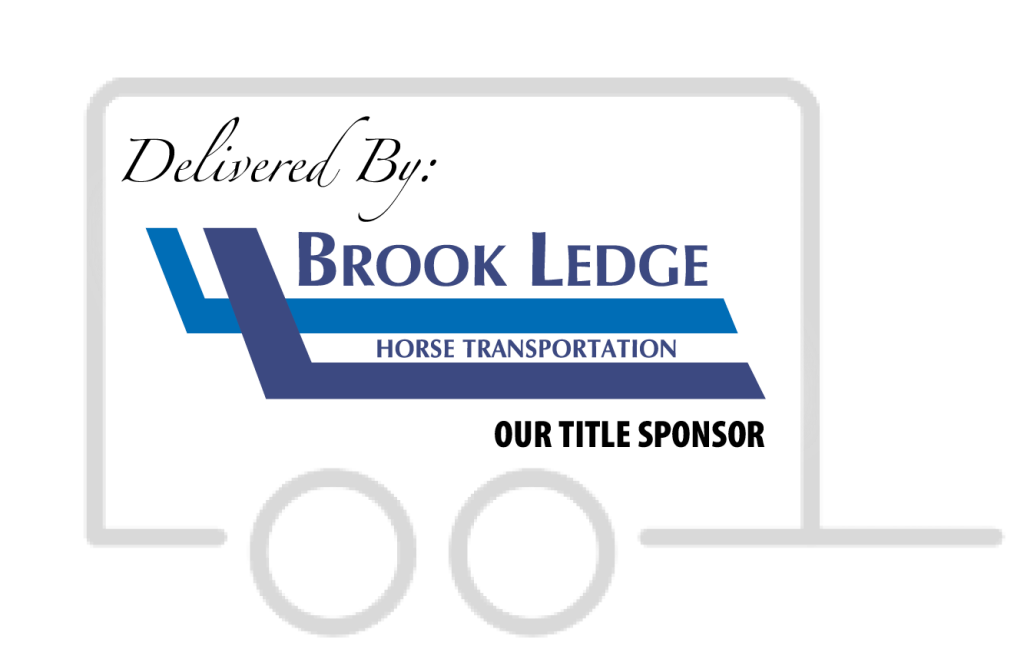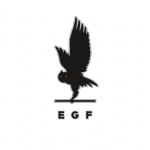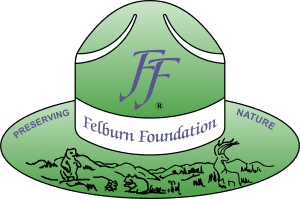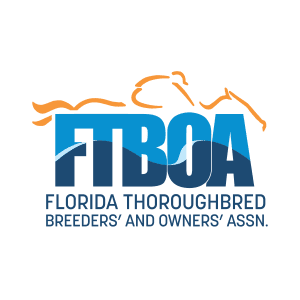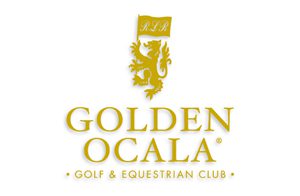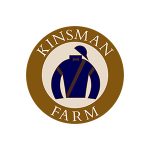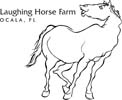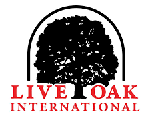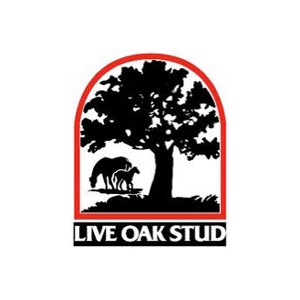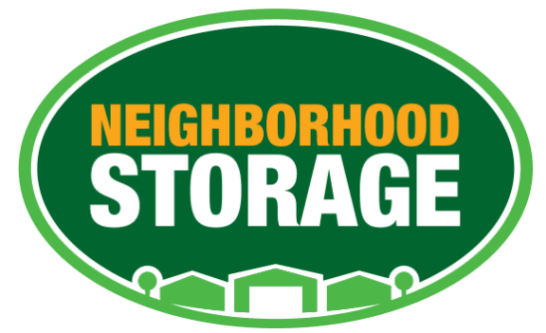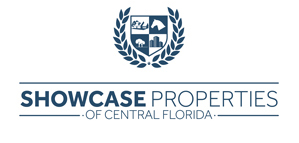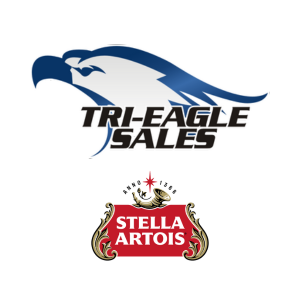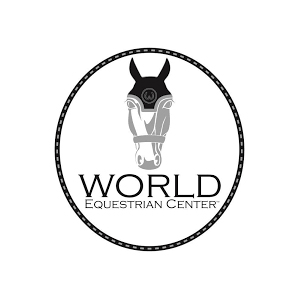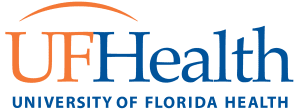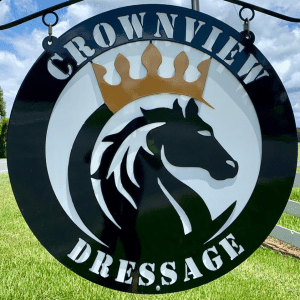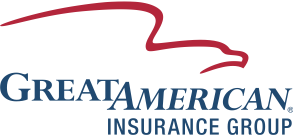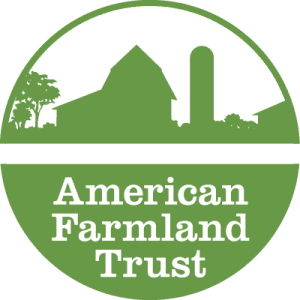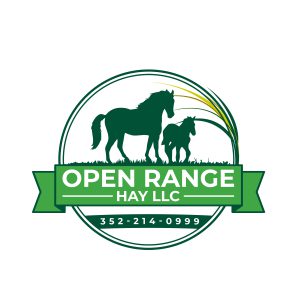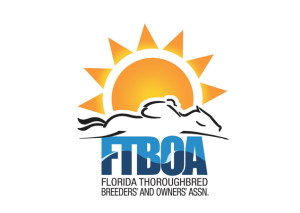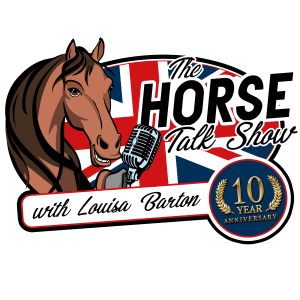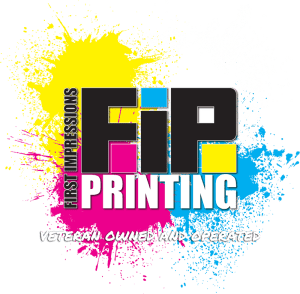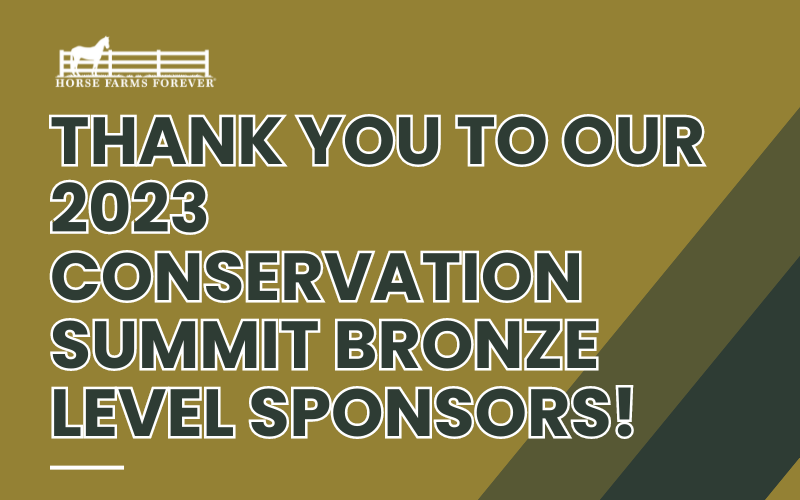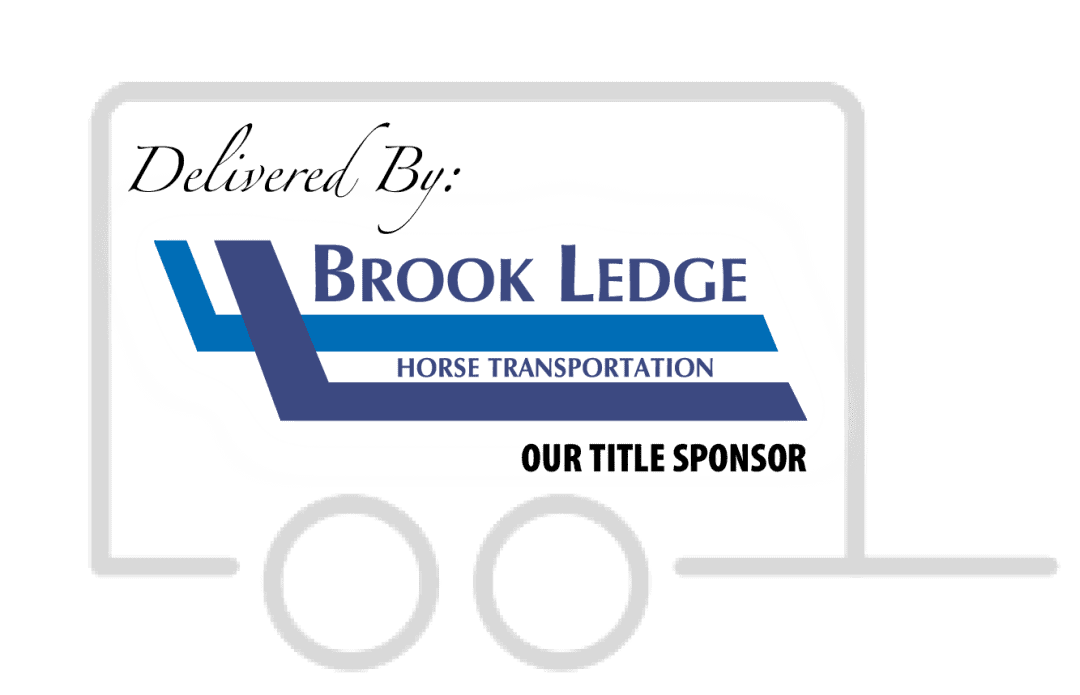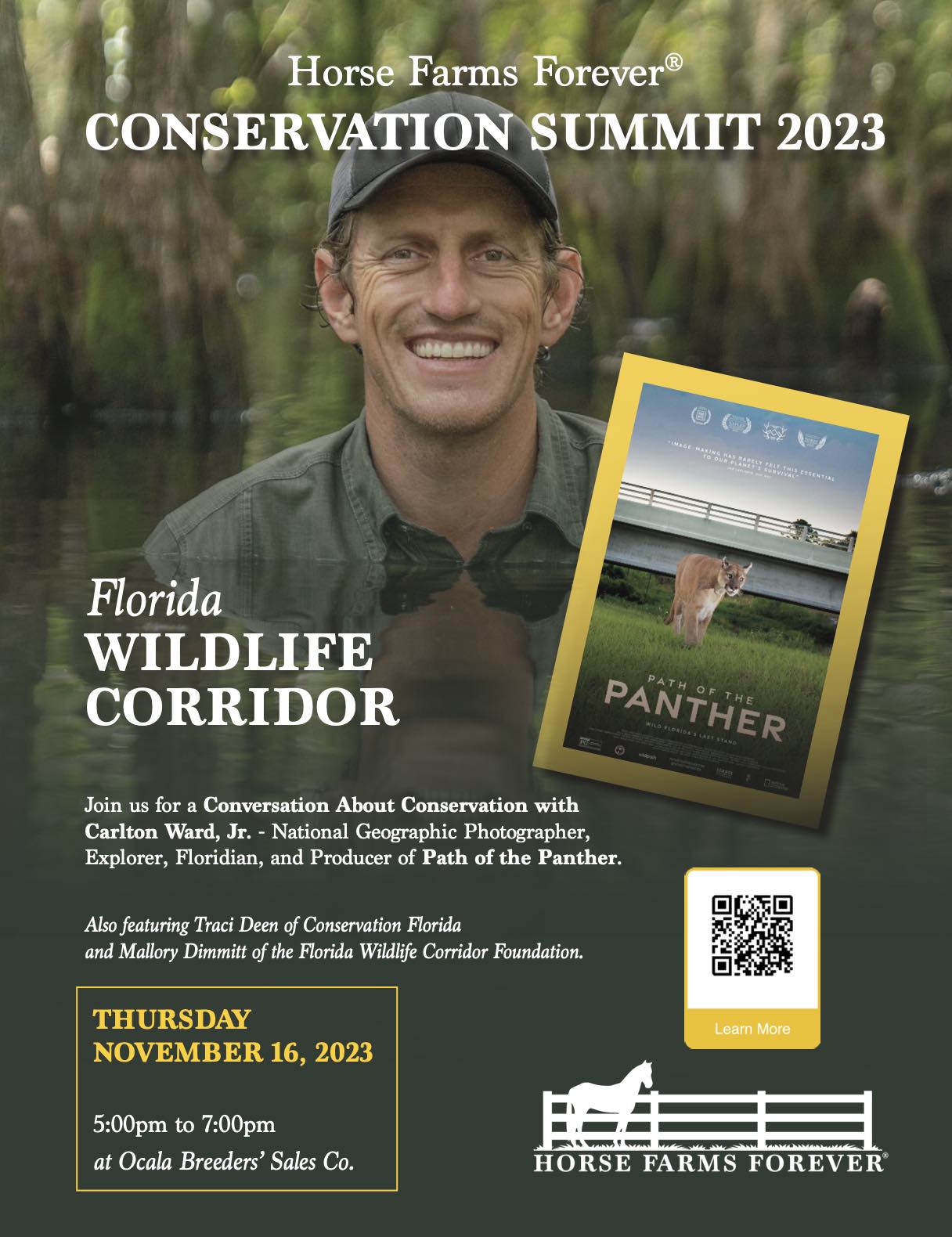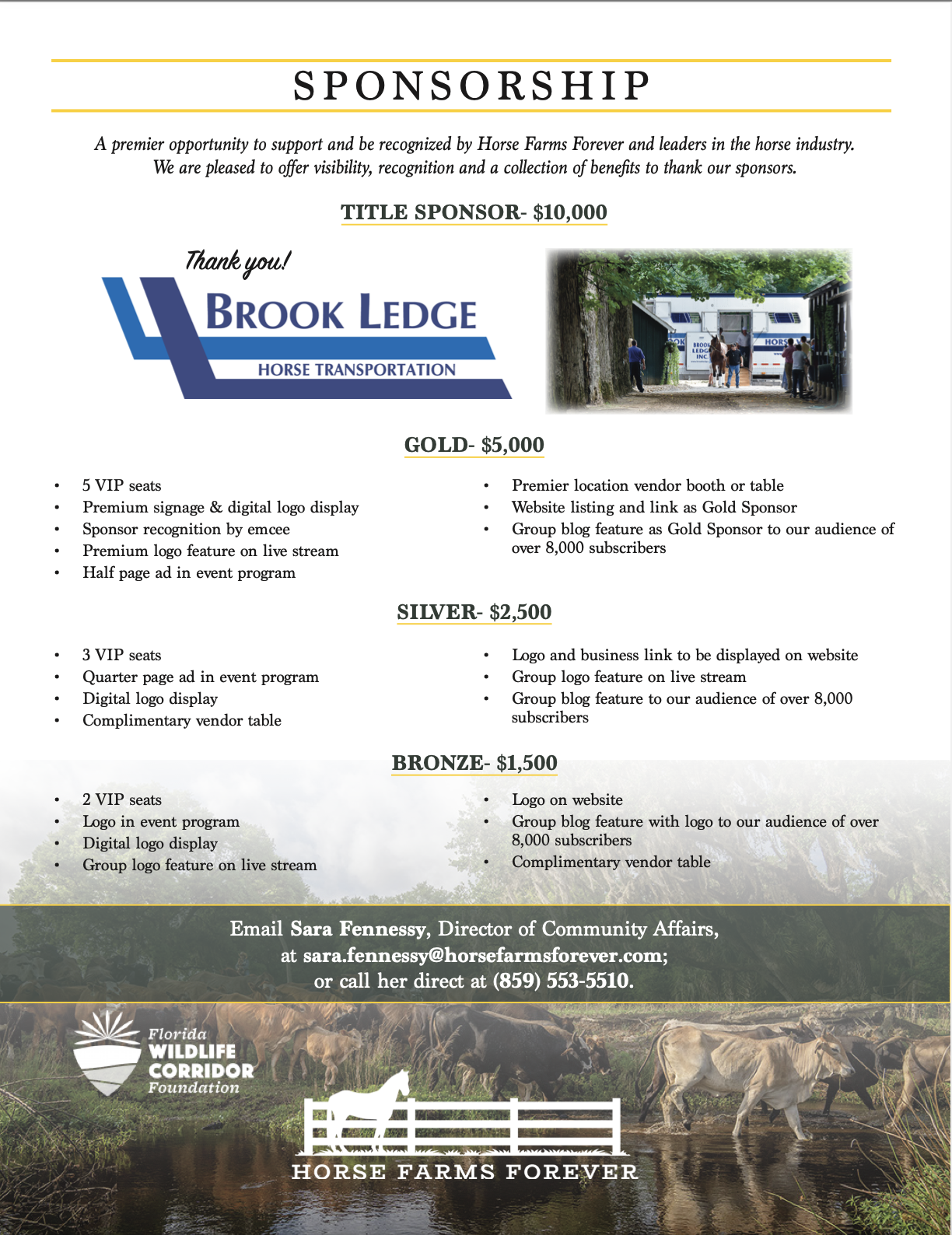John Travolta Opposes Jumbolair Expansion!

Even Ocala’s most famous resident, John Travolta, a lifelong pilot himself, agrees that the Jumbolair expansion is not in the public interest. John Travolta started taking flying lessons at age 15 and has been a licensed pilot since he was 22 years old. It’s that lifelong love of aviation that brought him to Ocala in early 2000 with the decision to build a home in Jumbolair.
Truett Gardner, Mr. Travolta’s legal counsel, spoke to John recently and he asked us to share this message. “John loves Marion County, the peaceful nature of Jumbolair, and he is completely united with the opponents of Mr. Bull’s comp plan and rezoning requests.”
Here are excerpts from the Opposition Letter filed on behalf of Mr. Travolta:
“On behalf of our client and longtime resident of Jumbolair Aviation Estates, John Travolta, and the Co-Trustees Ronald Zupancic and Michael J. McDermott, Esq. of the Hawker Investment Trust, dated March 1, 1998, Gardner Brewer Hudson (GBH) is providing the following reasons why the future land use map amendment and rezoning applications filed by Robert Bull for Jumbolair Aviation Estates (the “Property”) should be summarily denied.”
“Robert Bull’s proposed comprehensive plan amendment and rezoning demonstrate the antithesis of the protections established by the Supreme Court which have permeated throughout the Country, throughout Florida, and are recognized in Marion County. Bull’s proposals instead serve to threaten the public’s health, safety, and welfare by densifying property in a rural area close to a large private runway and by endangering the safety of residents that live in proximity to his property.”
“Compared to the existing low-density neighborhoods surrounding the area, Bull’s proposals would irrevocably alter the complexion of north central Marion County from a quiet, rural farmland community to a bustling airfield surrounded by dense residential development and commercial development. Bull’s applications promote the creation of a disproportionate island of increased density and air traffic that is disconnected and isolated from the true urban fabric of Marion County located to the south of the subject Property.”
“If approved, the development would pose significant harm to our client and the residents of Marion County for the following reasons: The Large-Scale Future Land Use Map Series amendment for 358.62 acres is socially and fundamentally incompatible with the Marion County Comprehensive Plan as it fails to discourage the proliferation of urban sprawl, does not satisfy the original intent of the Urban Growth Boundary, and is an inherent danger to Rural Neighborhoods.”
“The proposal fails to adhere to the goals, strategies and policies promulgated under the Comprehensive Plan. Marion County’s Comprehensive Plan provides its roadmap to balance appropriate development with existing patterns, availability of infrastructure, and overall compatibility. Bull’s proposals are not consistent with existing development patterns, as necessary infrastructure is not even contemplated and, most glaringly, the proposals could not be more incompatible with the fabric of the surrounding area.”
“In keeping with the well-founded precedent established by the U.S. Supreme Court in Euclid v. Ambler Realty Company, amendments to valid Comprehensive Plans and zoning regulations should be rejected when they jeopardize the public’s health, safety, and welfare.”
“The above-referenced failures in Bull’s proposals demonstrate a blatant lack of interest in preserving the rural nature of the area and Jumbolair’s unique history. Accordingly, and as a consequence of the proposals’ inconsistencies with the Comprehensive Plan, Bull’s FLUMS amendment and companion rezoning should be rejected and denied.”
February 9, 2024
T. Truett Gardner, Esq.
Addie K. Clark, P.E.
Gardner Brewer Hudson

Travolta Files Legal Complaint Against Jumbolair Development!
In January, Hawker Investment Trust, John Travolta’s entity, filed a lawsuit against Jumbolair Aviation Estates Owners Association and Jumbolair Development, LLC, owned by Robert and Debra Bull, seeking a judgement for specific performance.
Hawker Investment Trust owns a 19+ acre parcel in the Jumbolair community where Mr. Travolta lives and keeps his aircraft.
Excerpts from the Legal Complaint Letter
“This law firm, along with McDermott & Thacker, P.A., represents Ellen Bannon and Margaret Rau, as Trustees of the Hawker Investment Trust, dated March 1, 1988 (“Hawker Investment Trust”), and John Travolta (“Mr. Travolta”) (collectively, the “Travolta Parties”).”
“As you know, the Travolta Parties have been residents of Jumbolair Aviation Estates since 2001. For over twenty years, the Travolta Parties have enjoyed the quiet and peaceful use and enjoyment of the Jumbolair Aviation Estates. Unfortunately, since Mr. and Mrs. Bull purchased the Jumbolair Aviation Estates in 2021, the Travolta Parties’ experience has been anything but.”
“Specifically, Mr. Travolta’s guests have relayed to him that Mr. Bull has been discourteous to them in their limited dealings with him. Consistently, the Travolta Parties’ employees/ contractors have complained to him that Mr. Bull is very rude in his interactions with them.”
“Not long ago, the Travolta Parties engaged electricians to change out some lights on the PAPIs. While doing their job, they were approached by Mr. Bull who disparaged them and their ability to do their work to the point where they reported to us that they were “shook up” and would probably not return if asked. Further, the Travolta Parties’ pilot (Eclipse) advised him that not long ago, upon departing, while being handled by the Jacksonville controller, Mr. Bull requested him to identify his passengers. The pilot refused to do so.”
“This inappropriate behavior by Mr. Bull has led to an invasion of the Travolta Parties’ privacy and has caused much embarrassment to Mr. Travolta.”
“Mr. Bull’s actions recently culminated in his unauthorized intrusion onto Mr. Travolta’s property on July 12, 2023, in which he both refused to leave and blockaded the egress to the Jett Bleu Estates with his vehicles, construction equipment and his helicopter. This entire “self-help” enforcement incident is on video which captured the derogatory, insulting, and threatening manner, including name calling in which Mr. Bull tried to intimidate Mr. Ronnie Zupancic, Mr. Travolta’s property manager, into compliance with what he contended was an enforceable restriction. It ended when Mr. Bull was removed from the Jett Bleu Estates by police under threat of being arrested for trespassing.”
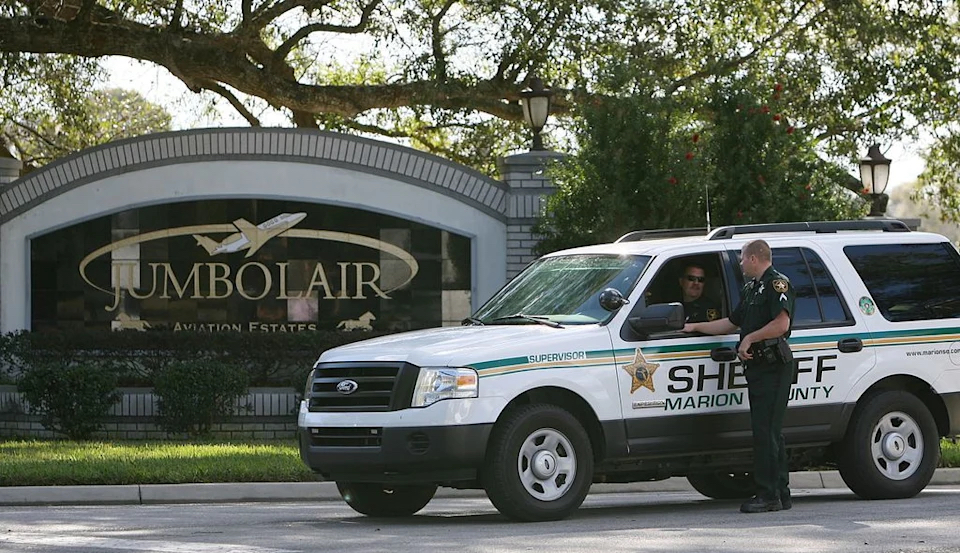
“The Travolta Parties also have a video of Mr. Bull taken after he was removed from the Jett Bleu Estates, threatening Mr. Zupancic with trespass if he attempted to access the common area property on the west side of the runway (where the PAPI lights are located), which area was dedicated per plat to the residents of Jumbolair. Not wanting to let things cool off, the following day, Mr. Bull flew his Blackhawk military helicopter in front of the Jett Bleu Estates and hovered/landed for sufficient time in an effort to intimidate the occupants. Talk of Mr. Bull’s helicopter possessing operational Class V weapons was soon circulating among the staff. Regardless of whether that is true, the message sent was eminently clear. Again, this was captured on video. Taxiways are for transit, not intimidation. Since that time, the Travolta Parties have videotaped Mr. Bull doing “aerial reconnaissance” of the Jett Bleu Estates, with his other helicopter, ostensibly in an effort to document non-existing deed restriction violations incapable of being observed at ground level.”
“Ultimately, Mr. Bull has created an atmosphere of fear, distrust, and uncertainty among the Travolta Parties. The Jumbolair Parties, through Mr. and Mrs. Bull, have disregarded their preexisting obligations to the Travolta Parties and have actively impeded the Travolta Parties from enjoying the rights and privacy the Travolta Parties have been accustomed to, and have a right to, at the Jumbolair Aviation Estates during the last twenty plus years. It is as if Mr. Bull is committed to a campaign to drive Mr. Travolta out of the neighborhood with his continual harassment and intimidation tactics.”
September 15, 2023
William J. Schifino Jr., Esq.
Gunster, Yoakley &Stewart, P.A.
